Introduction
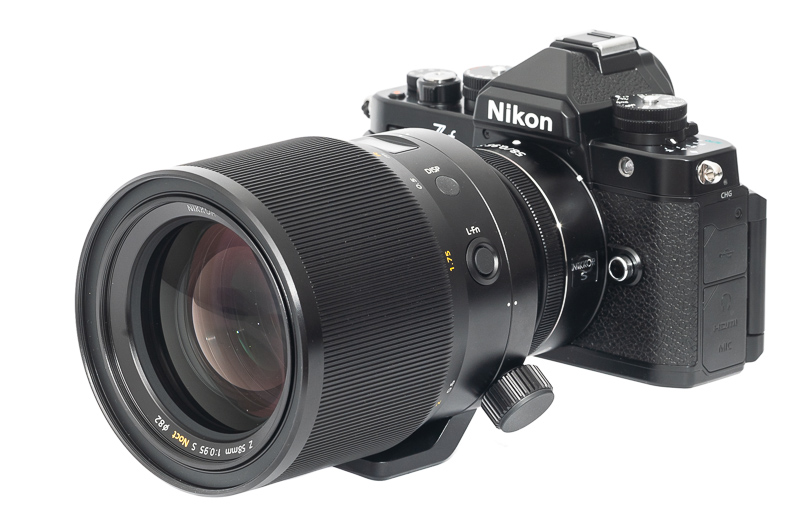
When camera manufacturers introduce a new mount, they usually also announce some fancy new lenses, which were simply not possible to design for the previous one. Canon for example did that by introducing the Canon EF 50mm 1.0L USM when they made the switch from FD to EF mount in 1989. And when Nikon made the switch from F to Z mount in 2019, it led to the release of this Nikon Z 58mm 0.95 S Noct-Nikkor, to showcase the possibilities of the much wider Z-mount. This is not only a rare, expensive and quite unpractical lens, it is also the best f/0.95 lens ever made. In the manual Nikon even goes as far as calling it the “Ultimate Lens”. Is there any truth to that? Let’s have a closer look!
Update June 2025: more sample pictures added
Sample Images
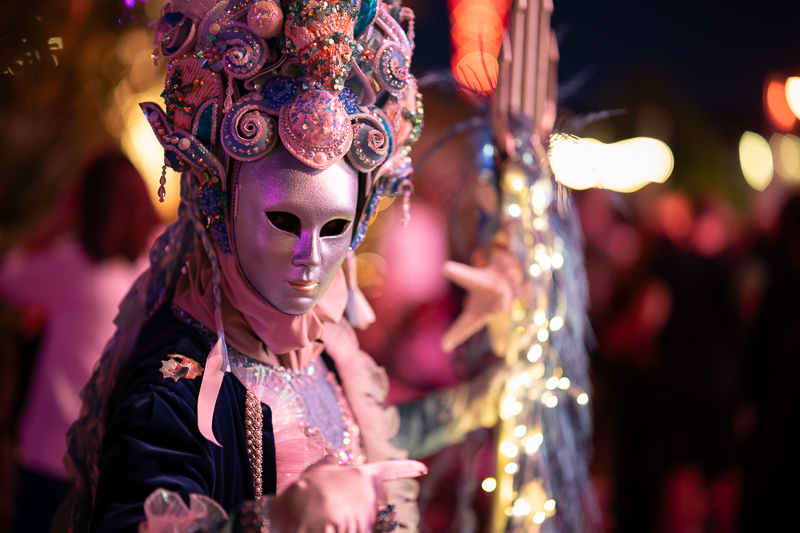

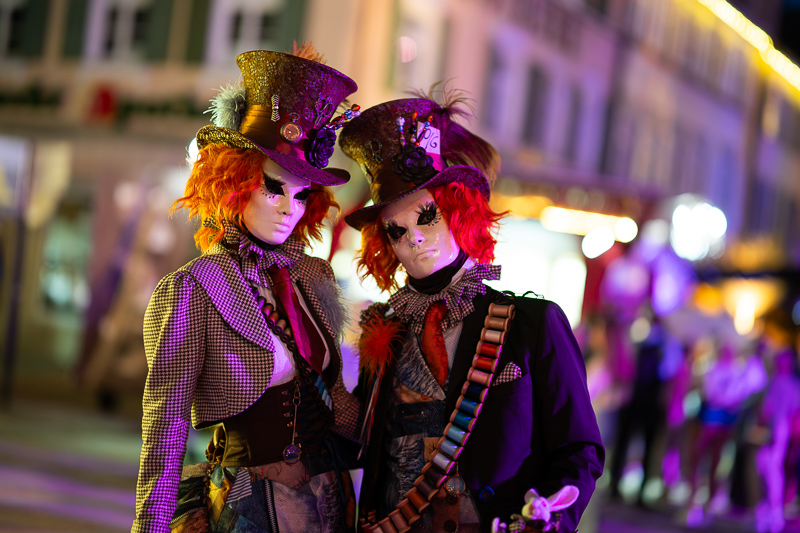


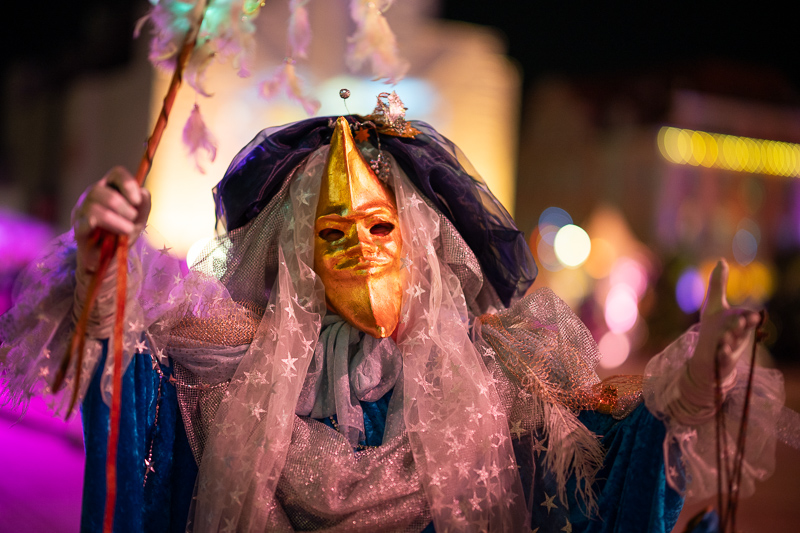
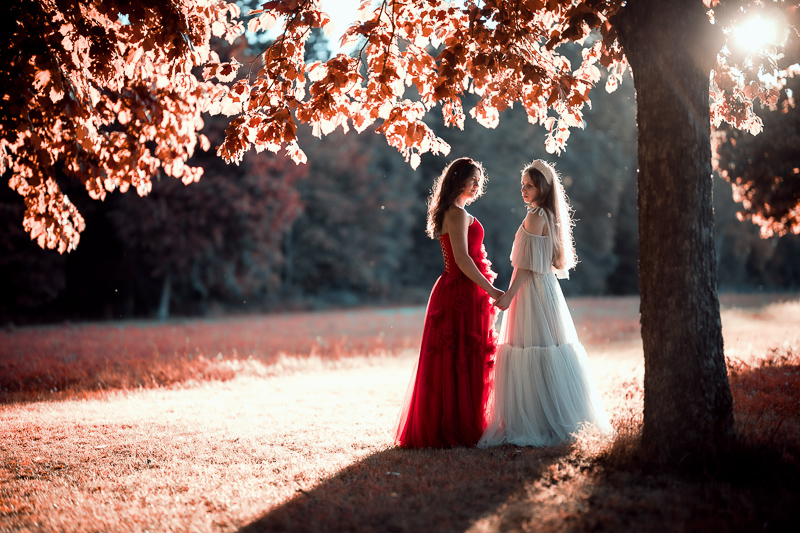
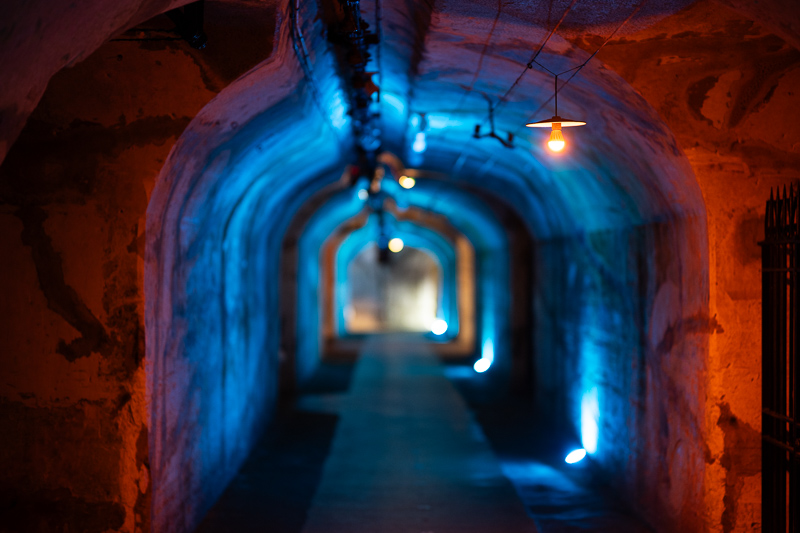

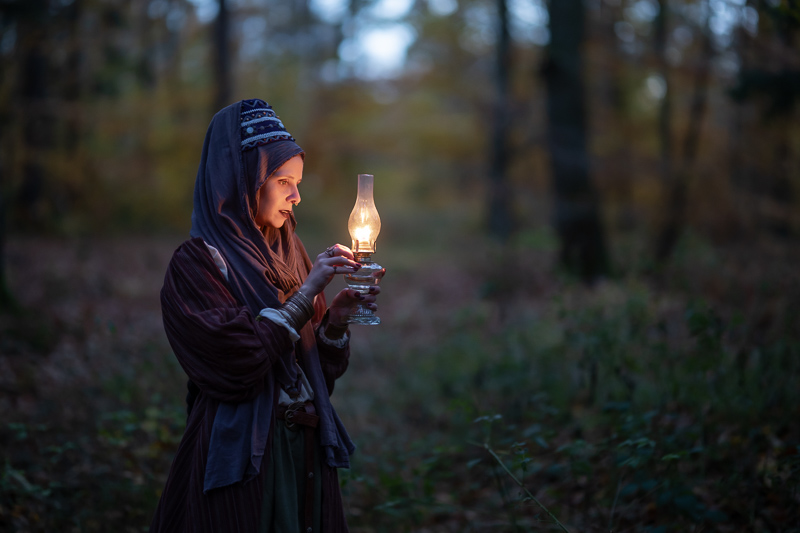

You can find most of the sample images in full resolution here.
Contents
Specifications
There has only ever been one 58mm lens with a maximum aperture of f/0.95 and it is this one. It features the following specifications:
-
- Diameter: 102 mm
- Field of view: 40.5° (diagonally)
- Length: 153 mm
- Weight: 2004g (without hood, without caps)
- Filter Diameter: 82 mm
- Number of Aperture Blades: 11 (rounded)
- Elements/Groups: 17/10
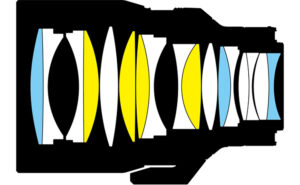
- Close Focusing Distance: 0.50 m
- Maximum Magnification: 1:5.0 (measured)
- Mount: Nikon Z
buy from amazon.com | ebay.com | ebay.de | B&H (affiliate links) for $8000
History of the Noct
The first lens carrying the “Noct” tag was the Nikon Ai 58mm 1.2 Noct-Nikkor released in 1977. If you want to know more about the development and the history of this lens, you should first have a look at Nikkor – The Thousand and One Nights – No. 16: Nikon Ai 58mm 1.2 Noct-Nikkor.
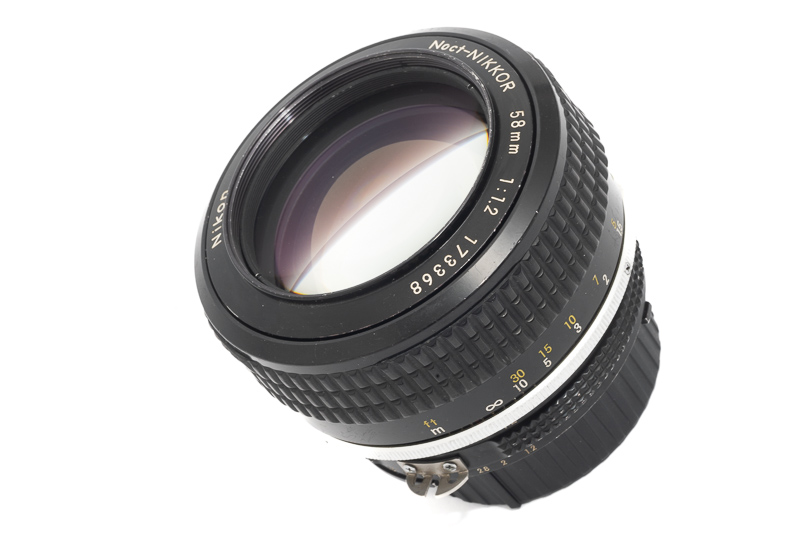
In 1977 it was about three times more expensive than the Nikon Ai 55mm 1.2 (in 2024 that price difference has risen to about eight times). What is the reason for such a big difference?
While in 2024 aspherical elements are ubiquitous (your smartphone for example features several of those), that wasn’t the case in 1977. A that time such elements for use in photographic lenses had to be hand ground by specifically trained workers, which made them very costly.
Aspherical elements can be used to reduce various kinds of optical aberrations, in case of the original Nikon Ai 58mm 1.2 Noct-Nikkor from 1977, the aim was to reduce Coma. The thing is: not for every application this is important, which is why in many scenarios you may not even see a difference between the lowly Nikon Ai 55mm 1.2 and the fancy Nikon Ai 58mm 1.2 Noct-Nikkor with its aspherical element. Long story short: the original Noct-Nikkor was a niché lens mainly aimed at astrophotographers and journalists who often take pictures in dark environments looking for slightly better image quality.
The low production value (only ~11.500 were made) coupled with its historical significance led to it becoming a sought after collector’s item.

In 2013 the Nikon AF-S 58mm 1.4G was released. It doesn’t carry a “Noct” tag, but it was (falsely) advertised as successor to the Noct-Nikkor – probably because of its focal length – by Nikon’s marketing department.
While I do have a soft spot for this lens (thanks to its beautiful bokeh rendering) it doesn’t deserve to be part of the Noct lineup, because its Coma correction simply isn’t good. It also didn’t introduce any groundbreaking new technology – like the 58mm 1.2 did in 1977. Being “only” an f/1.4 lens – instead of a more prestigious f/1.2 one – also didn’t help its case.
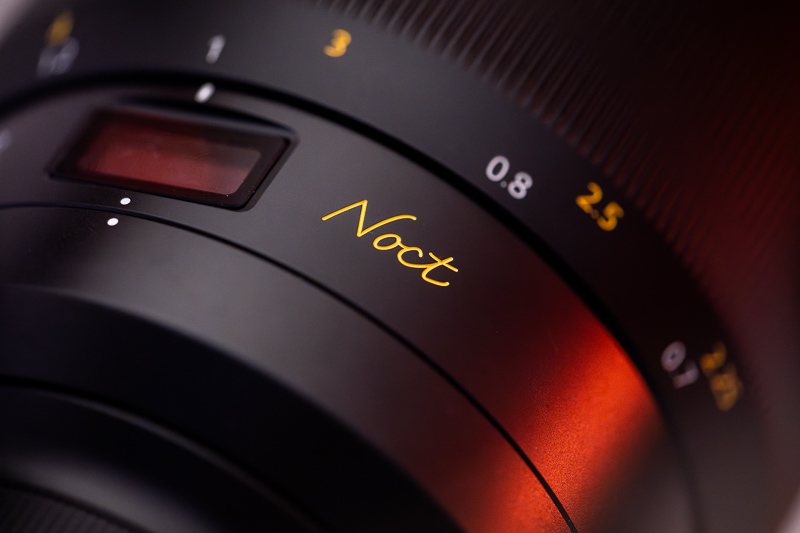
This brings us to 2019, when Nikon released this Nikon Z 58mm 0.95 S Noct-Nikkor for its newly introduced Z-mount. As you will find out throughout this review, it is a lens that was certainly met with some controversy, so let’s talk about the negative aspects first: this is a 2 kg heavy manual focus lens that sells for 8 grand, which makes it a bad choice for pretty much everyone.
But if you manage to look past that, you will notice that this is not merely a halo lens to promote the new Z-mount, Nikon threw in all the latest tech available to them. Among the aspherical elements is also a high diameter hand ground high refractive aspherical element, something I have only seen in three photographic lenses so far, thereby it is safe to say, that this lens truly follows the footsteps of the original Noct from 1977.

Handling/Build quality

Among Nikon’s Z-mount lenses this Nikon Z 58mm 0.95 S Noct-Nikkor is a bit of an oddity, as it is the only one that has been released so far that doesn’t feature auto focus. Yes, Nikon’s by far most expensive non-Supertele prime doesn’t even feature auto focus.
The reason for that is, that a whole lot of glass has to be moved during focusing and Nikon thought an auto focus mechanism would be too slow to be accepted by potential customers. Now personally, I think most people would prefer slow auto focus over no auto focus. That being said I am also sure this lens would have been even bigger and heavier if it featured an auto focus mechanism.
The huge focus ring has a very long focus throw of about 340° from the minimum focus distance of 0.50 m to infinity. Such a long throw makes setting precise focus easily possible – which is needed with these specifications – but you cannot go very fast from infinity to close distances. The resistance is nice and mostly even, but if you are a manual focus connoisseur, you may find some of the smaller high quality manual focus lenses to feel slightly better.
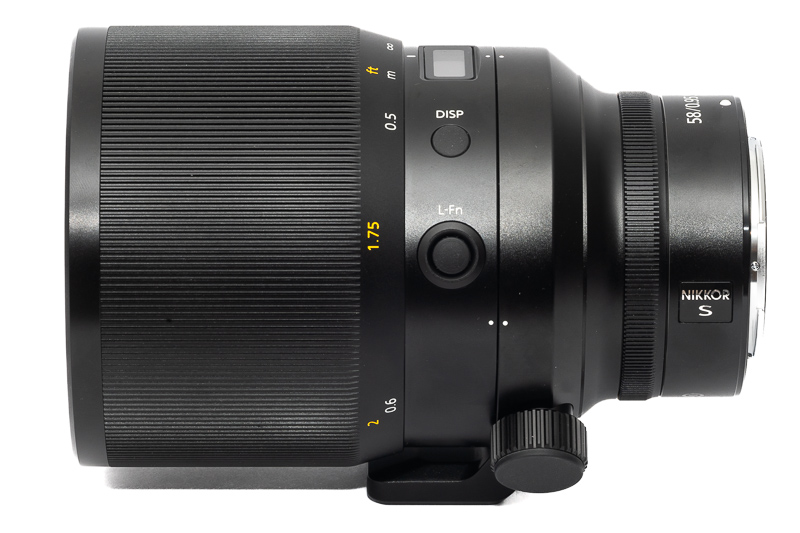
While the focus is completely manual, the aperture diaphragm is controlled electronically. Here I would have preferred a mechanical one as it would make changing the aperture value faster and there would be less electronic components that could potentially break.
Talking about useless electronic components, this lens features a small OLED display similar to what we have seen from the Zeiss Batis lenses and lately the Viltrox 16mm 1.8 AF. It can either show the distance scale – which is completely useless, because right on top of it is an actual distance scale that does exactly the same thing – or the current aperture value, which is also useless, because you will only see it for a few seconds when pressing the “Disp” button on the lens, whereas the small camera shoulder display is always on, so it is the more natural place to look.
Close to the bayonet there is also a programmable control ring located. On my Nikon Zf I can programme it to change aperture, ISO or the exposure compensation value. None of those I find particularly appealing. As there is no haptic feedback to that ring I found setting precise values without looking at one of the screens to be impossible.
We also have a customizable LFn button which can be programmed to one of many useful functions.
This is a front focus lens, so on focusing closer a big and heavy optical block moves forward, whereas the rear group stays put.
When you attach the small screw-in aluminium hood – which is attached to the focus ring, so rotates during focusing – the total length of the lens stays constant during focusing, only the inner cam moves back and forth – similar to the zoom mechanism of the Nikon AF-S 24-70mm 2.8G.
The hood features a small rubber bumper on the front and felt on the inside as it should be.
The non-removable tripod collar can be rotated, but there are no click-stops at the 90° settings. Sadly it also doesn’t feature an arca swiss profile.

This is a big and heavy lens. The people that told me they find the Laowa 35mm 0.95 to be too big and heavy surely won’t like this Nikon lens. It is actually similarly sized as the Sigma 105mm 1.4 Art DG HSM, but even heavier. And that Sigma lens is already famous for being really chunky.
Light Transmission
Measuring the actual light transmission of lenses is not something that can be easily done. What is possible, is comparing different lenses to each other, to see, which one let’s in the most light. I did this for some 50mm lenses in my Comparison: Super Fast 50mm M-mount lenses. In that comparison the Voigtländer VM 50mm 1.0 Nokton proved to be the actually fastest M-mount lens, letting in more light than some of its f/0.95 competitors. I will also throw in the Laowa 35mm 0.95 Argus, as this is the only other f/0.95 lens currently in my possession, as well as the predecessors, the Nikon 58mm 1.2 Ai Noct-Nikkor and the Nikon AF-S 58mm 1.4G.
| Lens | Light transmission |
| Nikon Z 58mm 0.95 S Noct-Nikkor | ± 0 |
| Voigtländer VM 50mm 1.0 Nokton | -0.1 EV |
| Laowa 35mm 0.95 Argus | -0.1 EV |
| Nikon 58mm 1.2 Ai Noct-Nikkor | -0.4 EV |
| Nikon AF-S 58mm 1.4G | -0.9 EV |
There are no real surprises here. The Nikon Z 58mm 0.95 S Noct-Nikkor lets in a tiny bit more light than the Voigtländer VM 50mm 1.0 Nokton – not even remotely enough to get excited about though. The Laowa 35mm 0.95 Argus is about the same as the Voigtländer. The Nikon 58mm 1.2 Ai Noct-Nikkor follows and the Nikon AF-S 58mm 1.4G lets in the least amount of light – as was to be expected.
The Nikon Z 58mm 0.95 S Noct-Nikkor is in fact the fastest lens I have reviewed so far.
Vignetting
light falloff
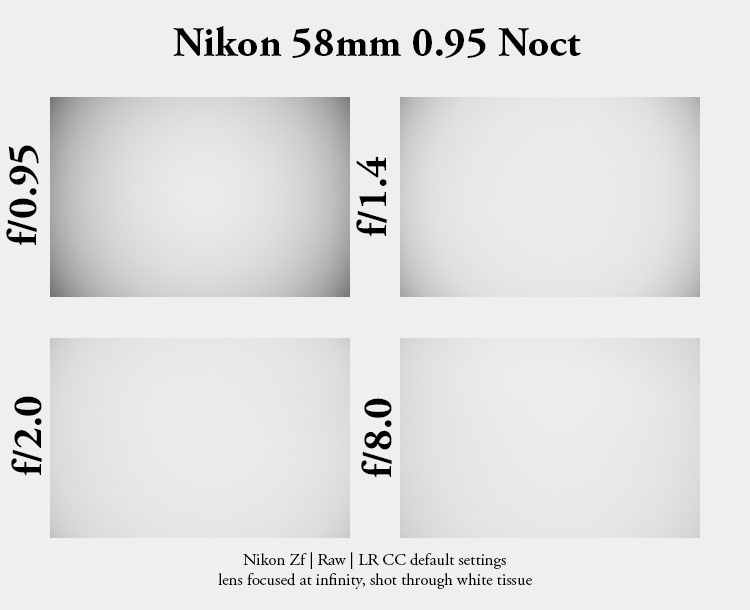
| f/0.95 | 2.3 EV |
| f/1.4 | 1.5 EV |
| f/2.0 | 0.9 EV |
| f/2.8 - f/16 | 0.7 EV |
Compared to most of the other f/0.95 lenses the vignetting figures are a bit lower, but the Zhong Yi 50mm 0.95 III actually shows slightly less vignetting, so considering their huge difference in dimensions it is hard for me to really get excited here. Still, among the f/0.95 lenses this is one of the better performances.

It is recommended to have a look at this article first to get an idea how this brightness graph works.
optical vignetting
Fast lenses usually show a noticeable amount of optical vignetting. Without going too much into technical details optical vignetting leads to the truncation of light circles towards the borders of the frame.
In the center of the frame almost every lens will render a perfect circle, but only lenses with very low optical vignetting will keep this shape in the corners.
So in the following comparison we move from the center (left) to the extreme corner (right) and see how the shape of the light circle changes.
I added a few lenses for comparison, but I did not shoot them side by side, so the sizes of the circles are not directly comparable.
There are clearly some things to talk about here. The first is, that other – more compact – f/0.95 designs for modern mirrorless cameras show a similar amount of optical vignetting, in case of the Zhong Yi 50mm 0.95 III less even. The lenses designed for the narrow M-mount are another story. While super fast 50mm lenses seem to be very popular among M-mount users, they all suffer due to the unfavourable mount specifications when it comes to optical vignetting.
What surprised me is how clean the defocused light points are though. Evenly lit, no outlining, no light spill at the edges. This could be good news if you are looking for a smooth and undistracting out of focus rendering. Onion rings can be seen in certain situations on close inspection, but they are not very pronounced.
Sharpness
MTF-Graphs
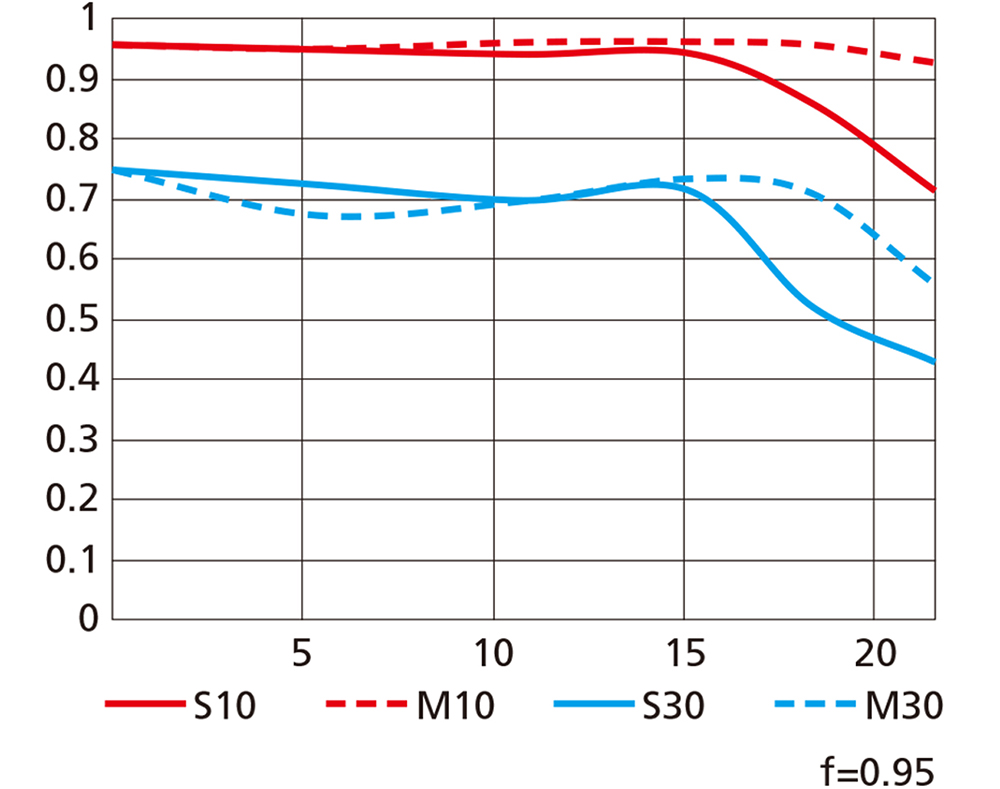
Nikon published MTF-Graphs for f/0.95 at infinity for this Nikon Z 58mm 0.95 S Noct-Nikkor. What these tell me is, that we should expect very high contrast (red lines) as well as resolution (blue lines) over most parts of the frame and here Astigmatism is also perfectly corrected. Only towards the corners we see a drop in performance.
So far the best f/0.95 lenses in terms of sharpness I have used were the 35mm 0.95 and 45mm 0.95 by Laowa. They show a similar performance in the center of the frame, but off center we should expect much better performance from this Nikon lens, so let’s have a closer look if this is actually the case.
Most MTF-Graphs show calculated values that do not take into account manufacturing tolerances and sample variation. Furthermore they are usually calculated for infinity, so in the field and shooting at different distances a noticeable variation may be visible.
Focus Shift
Also here we see two things. One is that there is absolutely no focus shift, which is of course good news. The other is, that this lens is also extremely well corrected at its minimum focus distance. I have not come across any lens faster than f/1.2 that shows this high contrast at its minimum focus distance and also among the f/1.2 lenses only some of the latest high end ones can achieve a similar level of performance (e.g. the Sigma 35mm 1.2 Art DG DN or the Sony FE 50mm 1.2 GM).
infinity (24mp Nikon Zf)
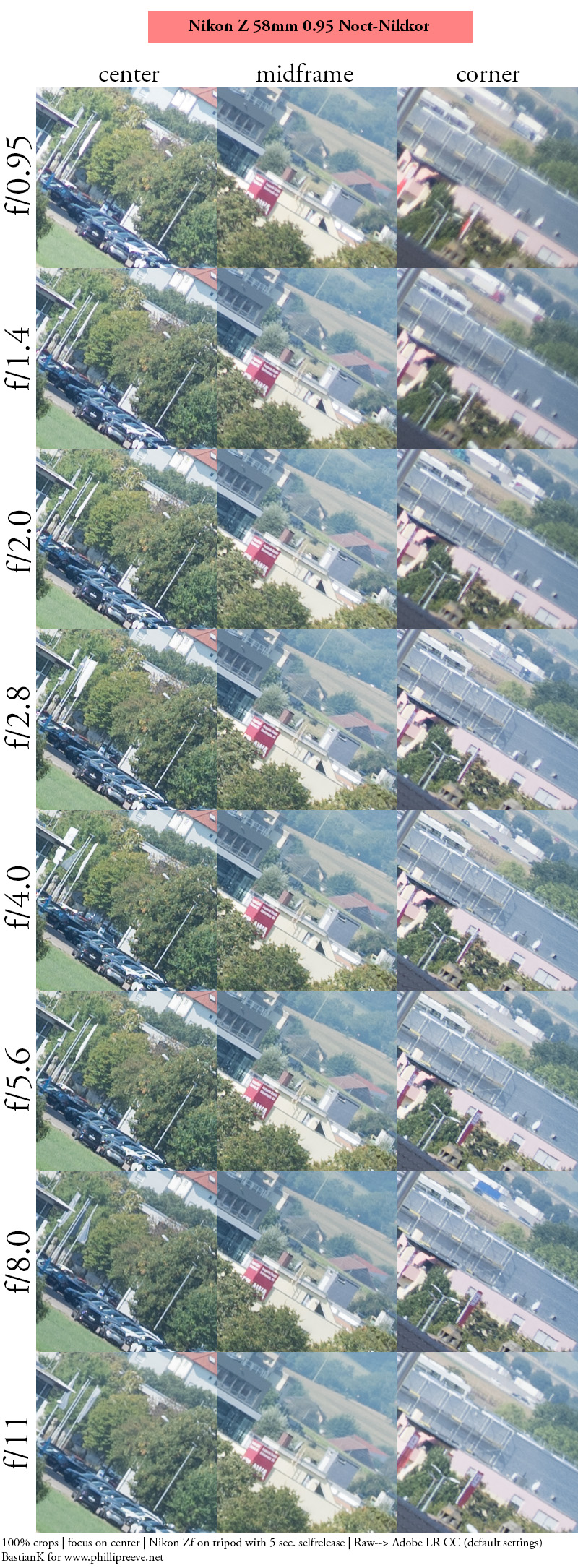

Pretty much all the lenses faster than f/1.2 I have used weren’t exactly stellar performers here and had to be stopped down a lot to yield high across frame performance. Not only the corner performance was an issue, they usually also have high field curvature leading to a noticeable midzone dip.
This Nikon Z 58mm 0.95 S Noct-Nikkor is a different story altogether. The performance I see in the field matches what was promised in the MTF graphs very well, which means except for the extreme corners everything already looks great at f/0.95.
By f/2.8 the performance is completely impeccable and among the best if not the best you will be able to find at this focal length.
I usually use the Sony A7rII or the Leica M10 for these sharpness charts. Both these cameras do not feature an anti aliasing filter, so they produce higher edge acuity. This is not the case for the Nikon Zf, so it is at a bit of a disadvantage when comparing results across different reviews here.
portrait distance 1.5 m (24mp Nikon Zf)
For portraiture it isn’t so important how flat the field is, it is more interesting to see what the sharpness is like when focused at different parts of the frame to take field curvature out of the equation.
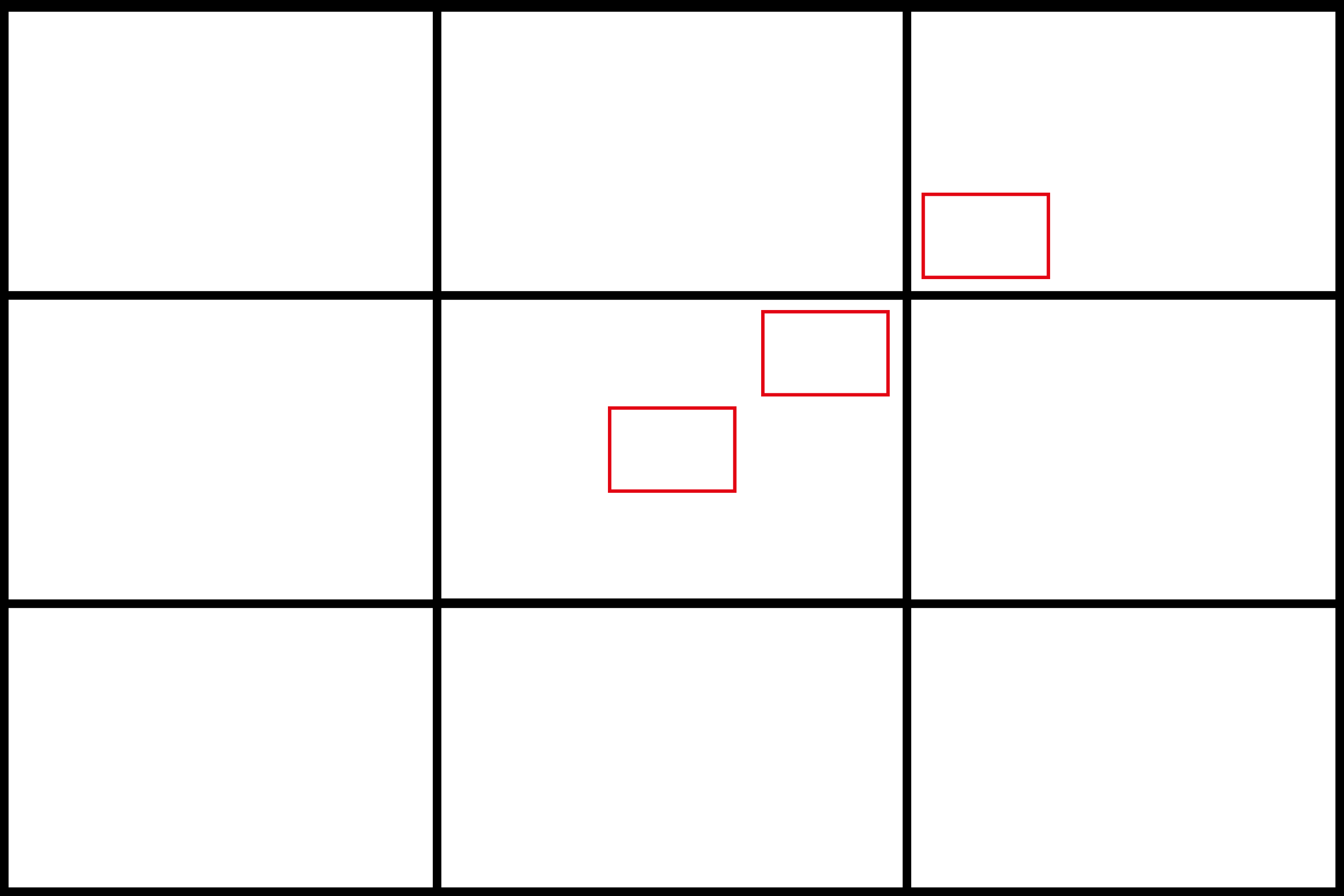
This is what I did here, I refocused for every shot and aperture to get the best possible result at different locations in the frame (center, inner midframe and outer midframe).
Focus distance was roughly 1.5 m and the circle of the dollar bill is more or less the size of a human eye.
f/0.95 <————> f/1.4
With a lens like this, I actually don’t really care that much if it is performing great at wider apertures when focused at infinity, but I do care how it performs at portrait distances.
This is also an area where the super fast lenses usually struggle and this includes the Laowa 35mm 0.95 and 45mm 0.95 as well as the Leica 50mm 0.95 Noctilux-M. A positive surprise was the Voigtländer VM 50mm 1.0 Nokton, which showed a very good performance here.
Also here this Nikon lens shows an amazing performance. It doesn’t matter where in the frame your subject is located, you will always get high contrast, high resolution, crisp results. This also makes manual focusing easier.
close (0.50 m, 1:5.0)
This is the best performance I have seen from an f/0.95 lens at its minimum focus distance and on top of that this lens’ maximum magnification is actually better than that of any other lens this fast, making this engineering achievement even more admirable.
Flare resistance
As always evaluating flare is a complex matter since you can get any lens to look bad if you push it hard enough and a slight change of scenario can affect results a lot.
Many of the f/0.95 fared very bad in this category. Very, very bad. Also here the Laowa 35mm 0.95 and 45mm 0.95 were actually the best ones whereas the Zhong Yi 50mm 0.95 II and III, the Leica 50mm 0.95 Noctilux-M as well as the Brightin Star 50mm 0.95 and of course the Zenitar 50mm 0.95 E were all pretty awful. Even the Voigtländer VM 50mm 1.0 Nokton – and its manufacturer Cosina generally really has this flare topic figured out – didn’t fare particularly well.
This is already a positive surprise. At f/0.95 I hardly see any artefacts and even veiling flare does not seem to be an issue.
Stopped down to f/5.6 we can see a line of small ghosts if a strong point light source is located in the midframe area.
Stopped down to f/11 those ghosts can be a bit more obvious.
This is by far the best performance I have seen in an f/0.95 lens yet. Veiling flare is hardly an issue at all and even ghosts are rare to encounter. That new Arneo coating in combination with the Nano coating might have actually been more than a marketing gag here.
Also at night with strong point light sources around I did not encounter any issues with this lens.
This is the first f/0.95 lens I would voluntarily use in backlit scenarios.
Coma
I will save you some time here: this is easily the best performance I have seen in a lens faster than f/1.2 so far. Next best are the Laowa 35mm 0.95 and 45mm 0.95.
The Leica 50mm 0.95 Noctilux-M is a complete joke by comparison and even the Voigtländer VM 50mm 1.0 Nokton – a generally much better corrected lens than the Leica – looks way worse here.
Distortion
The Nikon Z 58mm 0.95 S Noct-Nikkor shows only a very low amount of slightly wavy pincushion distortion. Correction profiles are available (e.g. in Lightroom or in camera for Jpegs) that seem to do a perfect job.
Bokeh
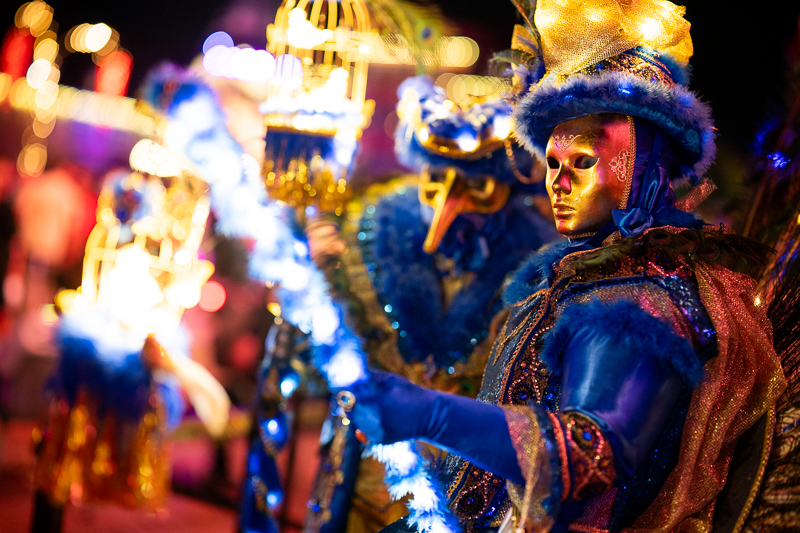
Only a very limited amount of decent sample images taken with this lens can be found online, so I wasn’t actually sure what to expect here.
Many of the lenses this fast draw a very appealing bokeh in the central part of the frame, but the quality deteoriates towards the edges – sometimes noticeably so. There are various reasons for this: overcorrected spherical aberration leading to distinct rims around defocused light points, Coma deforming the points into triangles, astigmatism leading to double edged structures, optical vignetting causing cat’s eye shaped highlights and field curvature bringing parts close to the corners or edges into focus, that really shouldn’t be (if you are interested in this topic have a look at my article Bokeh Explained).
Now if a lens is as “aberration free” as possible, that also isn’t necessarily good news for a pleasing look. Some of the latest lenses are so much optimized towards sharpness and contrast, that out of focus backgrounds are rendered in a very harsh and unpleasing way (e.g. true for the Voigtländer 35mm 2.0 Apo-Lanthar or many macro lenses when used at longer distances).
In the past – while Canon’s engineers primarily designed their lenses to yield as high contrast and resolution as possible – some of Nikon’s engineers tried to find the perfect balance of aberrations to create the “ideal” look for portraits (more on that in my review of the Nikon AF 85mm 1.4D).
Also here Nikon specifially mentioned in the manual they designed this lens to create “beautiful blur”. So did they succeed at that? Let’s find out!
Close distance




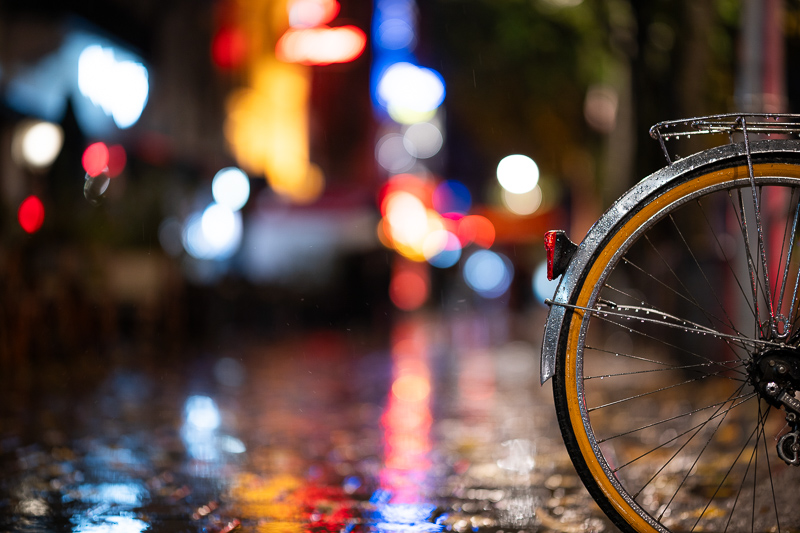
Most of the lenses this fast are optimized for typical portrait distances and show a notable lack in resolution and contrast at shorter focusing distances. This is not the case here.
This Nikon Z 58mm 0.95 S Noct shows amazing contrast and resolution at all distances and everywhere in the frame and this further adds to the subject separation.
At these shorter distances the optical vignetting is more obvious though, leading to the “cat’s eye” effect with defocused points of light in the background.
Mid distance

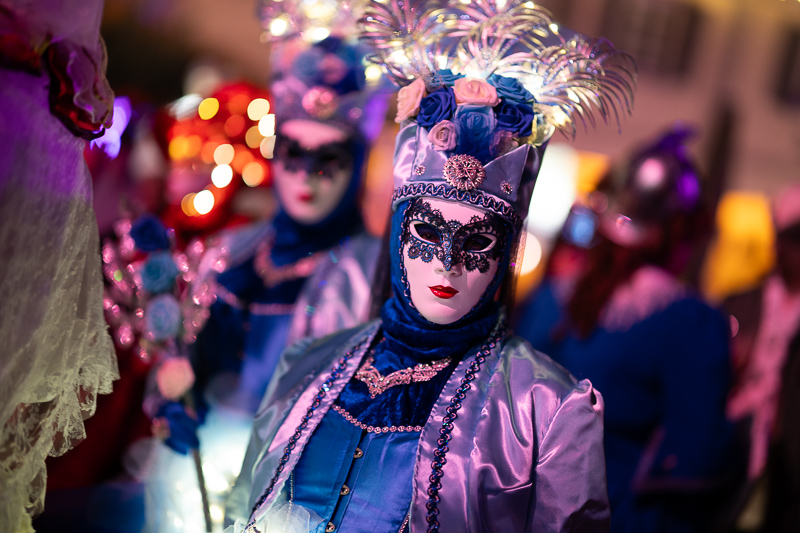
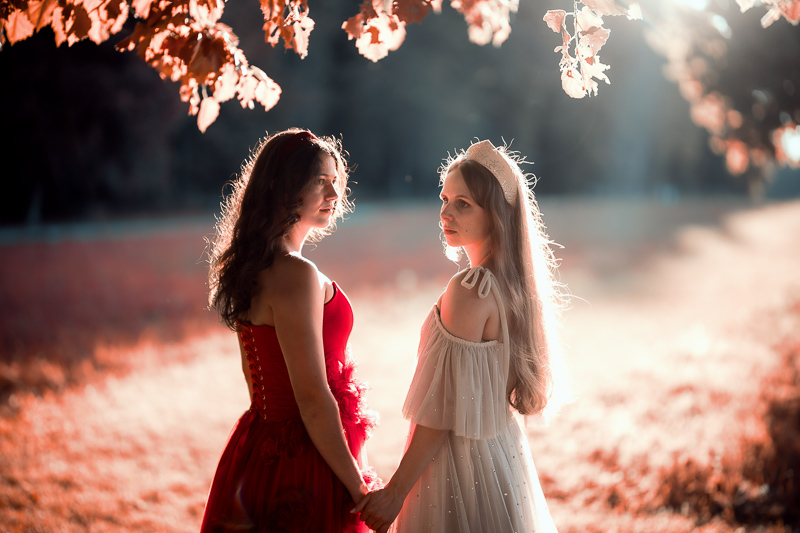
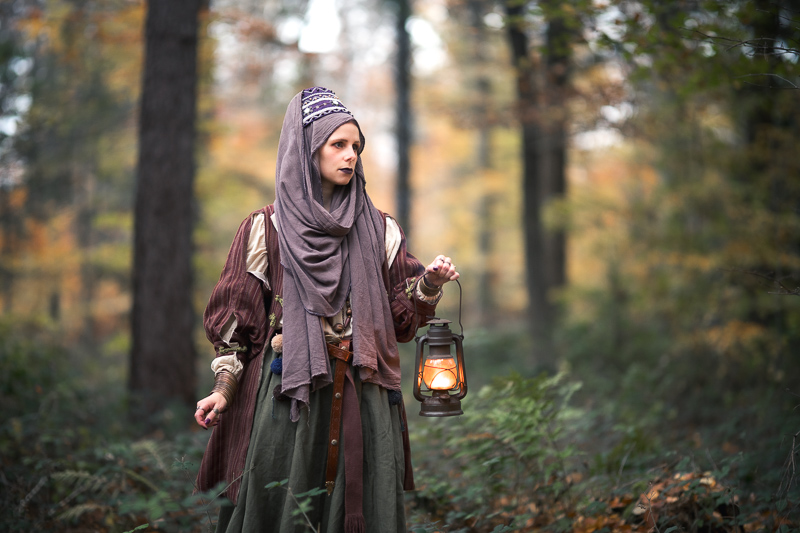

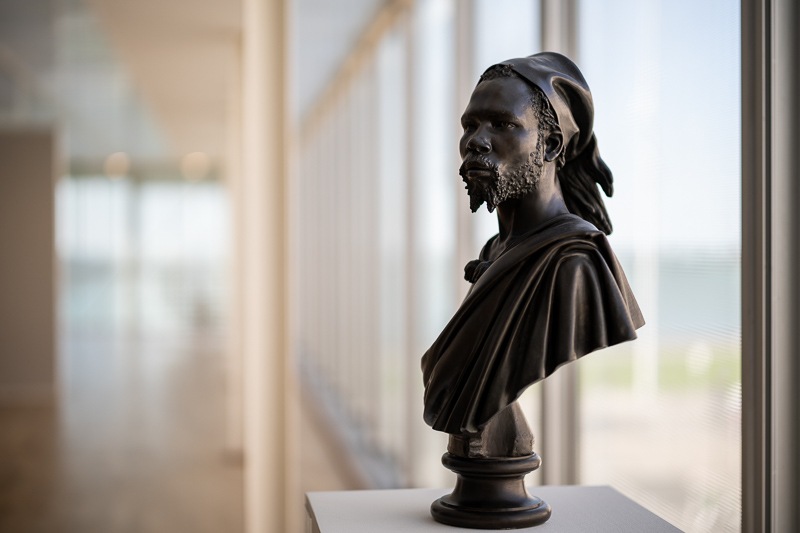

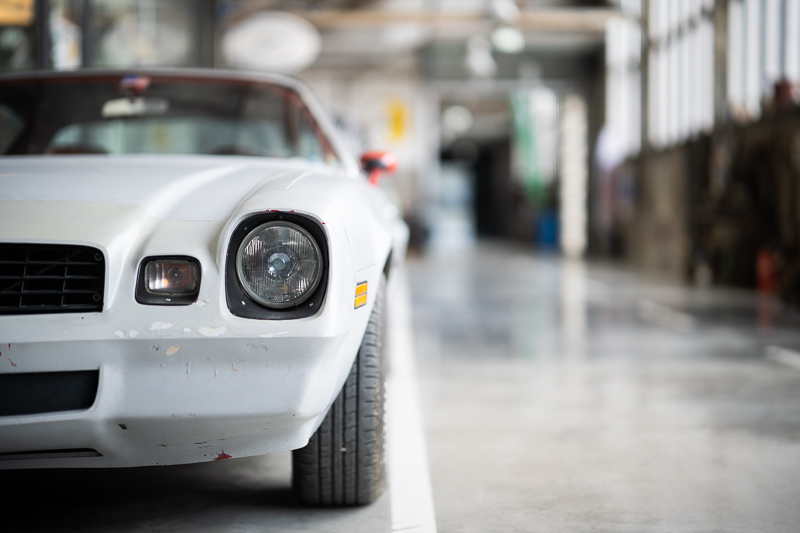
If you take pictures of more than one person at f/0.95 you better pay attention that they are actually in the same focal plane, as even the slightest deviation will lead to not everyone being in focus anymore.
Long distance

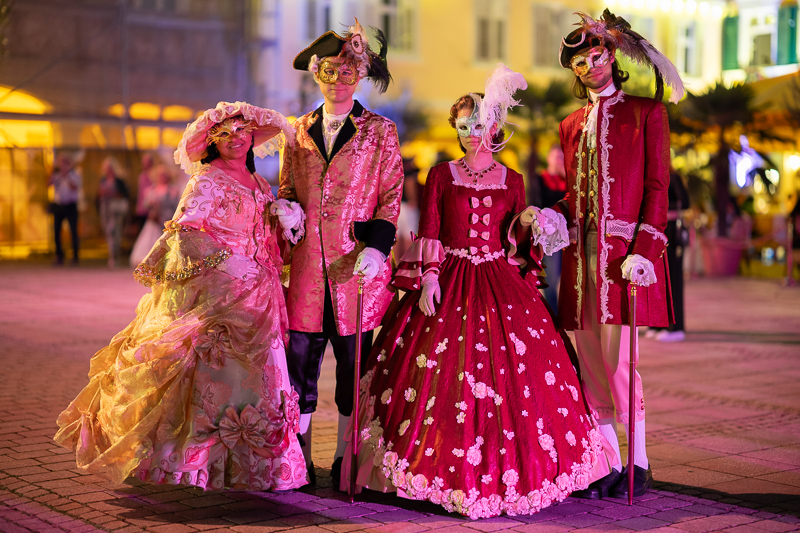
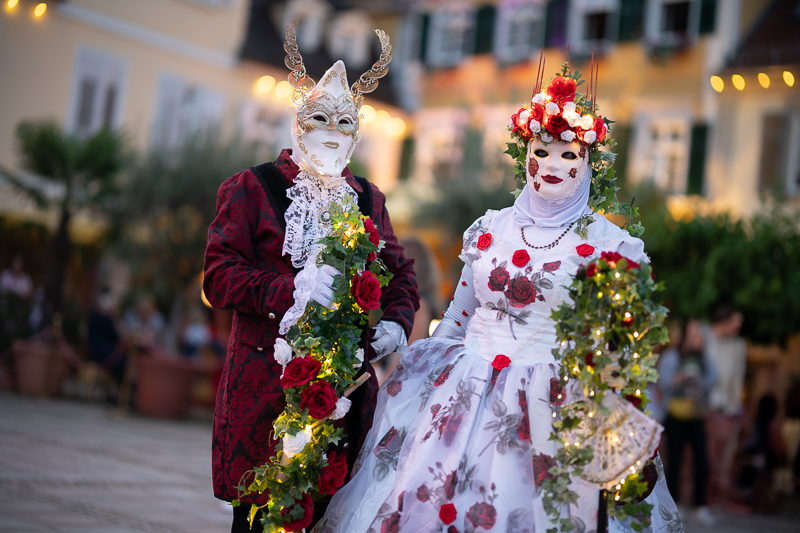
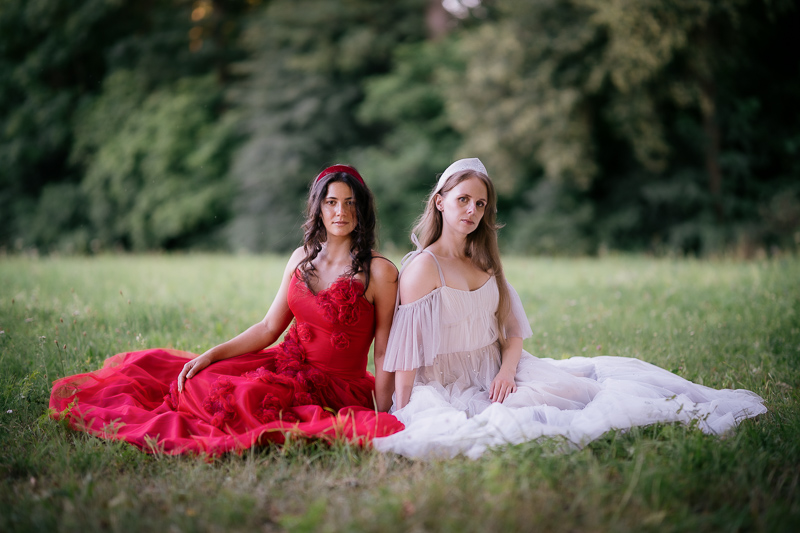
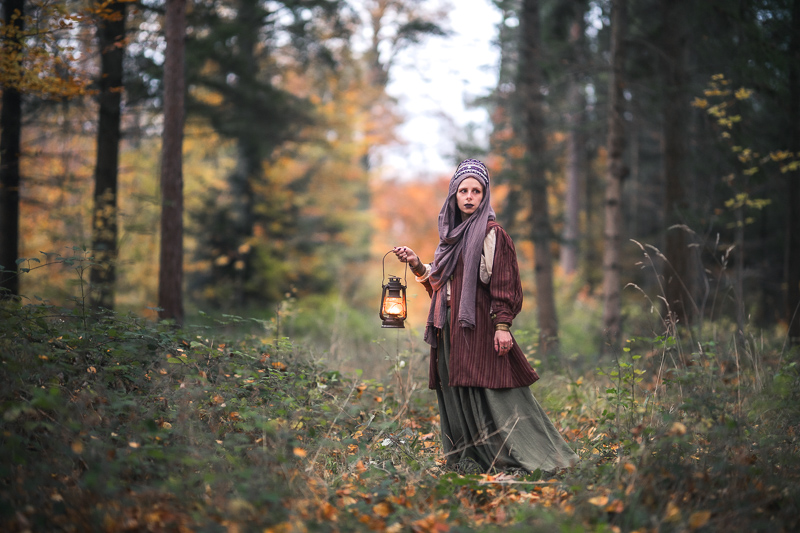
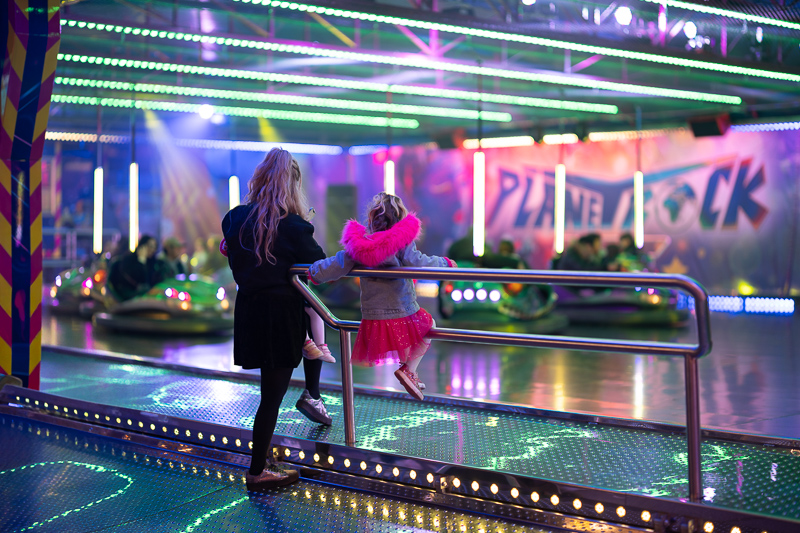
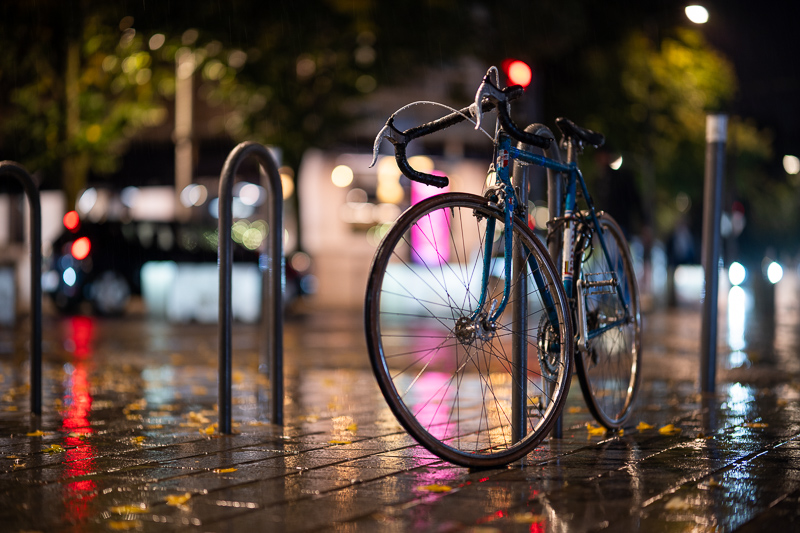
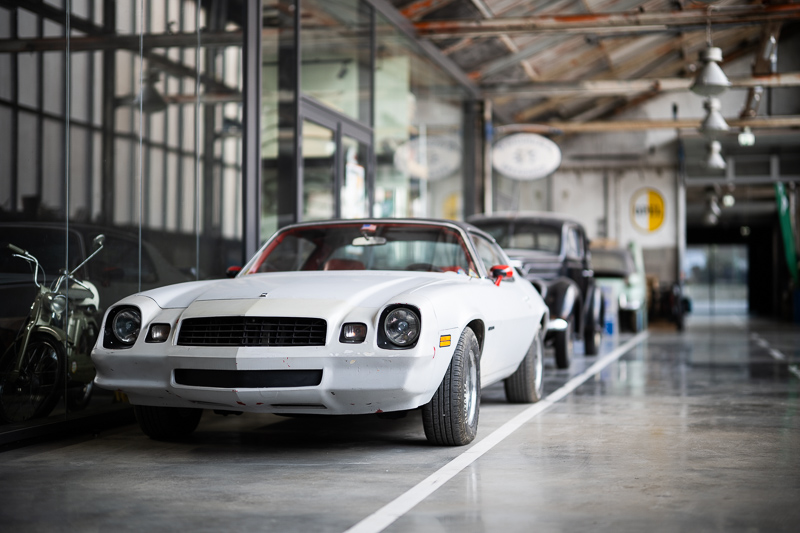
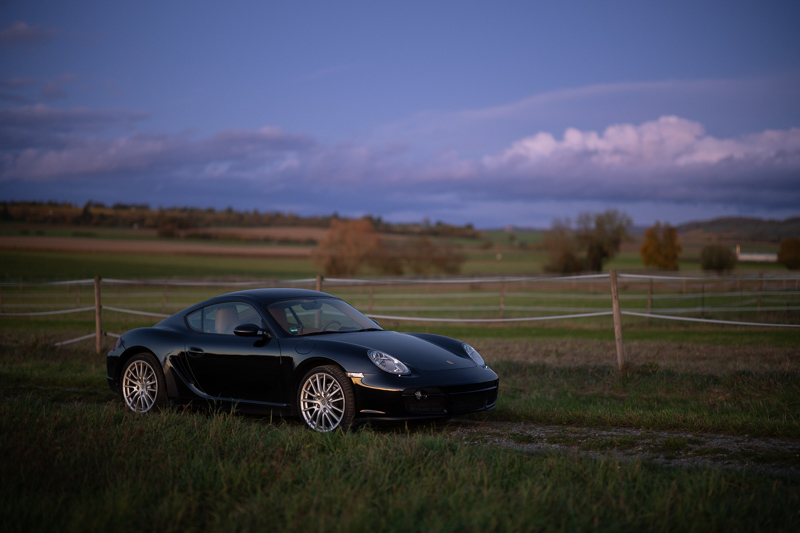
At longer focus distances I was rarely happy with any of these super fast lenses and for two reasons:
The first is lack of sharpness, especially off center. Most of these super fast ~50mm lenses are optimized for 2 to 3 m focus distance and start to show some weaknesses beyond that. So far this was the case for all those I have used, except for the Voigtländer VM 50mm 1.0 Nokton.
The second is field curvature, leading to the border and corner regions being in focus even though they shouldn’t be. This is a problem I encountered with e.g. the Leica 50mm 0.95 Noctilux-M, Laowa 45mm 0.95 Argus, Brightin Star 50mm 0.95 FE, Voigtländer VM 50mm 1.0 Nokton and of course to the utmost degree with the dreadful Zenitar 50mm 0.95 E.
Here neither is the case though. Not only are contrast and sharpness outstanding (as already mentioned before), this lens also has a very flat field, devoid of any such issues ruining the bokeh that I encountered with so many other super fast lenses.
Sunstars
With its 11 rounded aperture blades we shouldn’t expect distinct sunstars from this lens. The alignment of the blades is pretty good though, so from f/5.6 to f/16 we at least see symmetrical sunstars featuring rays with even lengths. It is nice to see the Z-mount lenses seem to do better here than most of the late F-mount ones.
If you want to learn more about this topic have a look at this article.
Chromatic aberration
lateral
There is a low amount of lateral CA visible towards the corners when not corrected. As you know lateral CA are easily corrected in post (or already in camera for Jpegs), so you will rarely if ever see them.
longitudinal
I must sound like a broken record by now, but also here this is the best performance I have seen in a lens faster than f/1.2. We can see minor magenta and cyan outlining at f/0.95 and f/1.4, not something that has the potential to actually ruin your pictures.
The situation is similar with regards to purple fringing. A low amount is visible at f/0.95 and f/1.4, but we have seen so much worse from slower lenses.
By f/2.0 this lens even shows Apo-level performance according to my definition, meaning a complete absence of not only purple fringing, but also bokeh fringing.
Conclusion
good
|
average
|
not good
|
So Nikon calls this the “Ultimate Lens”, but would I agree with that?
In a way, yes. Taking into consideration this is an f/0.95 lens (and having used almost all the other f/0.95 lenses in existence myself) it shows an absolutely amazing, almost otherworldly performance. It also manages to achieve the balance between high contrast and resolution on the one hand and appealing bokeh on the other hand perfectly. This lens’ performance is much closer – maybe even superior – to a Zeiss 55mm 1.4 Otus, than it is to all the cheaper f/0.95 lenses. Therefore it in fact redefined what can be expected of an f/0.95 lens, when there are hardly any restraints regarding cost, size and weight in place.
For everyone I can think of, one of the latest 50mm 1.2 lenses (e.g. the Nikon Z 50mm 1.2 S or the Sony FE 50mm 1.2 GM) makes a lot more sense though. They only weigh half (in case of the Sony even less), they only cost a fraction and they feature high performing auto focus, making it much easier to get consistent results – especially so with moving subjects.
Also because of that I am still amazed the Nikon executives greenlit actually having this Nikon Z 58mm 0.95 S Noct-Nikkor produced. Only every other decade we see a lens like this being released from one of the major camera manufacturers, where the design is not driven by potentially high sales numbers or maximizing revenue, but by the idea of creating the “Ultimate Lens”.
buy from amazon.com | ebay.com | ebay.de | B&H (affiliate links) for $8000
Alternatives
Auto Focus
There has only ever been one auto focus lens faster than f/1.2, and that is the Canon EF 50mm 1.0L USM from 1989, so we will have a look at the latest f/1.2 lenses here instead.
Sony FE 50mm 1.2 GM:
Ignoring the different maximum aperture, the Sony offers similar optical performance while only weighing 40% and bringing highly capable auto focus to the table. Sony’s flagship 50mm lens starts to look very reasonable compared to this Nikon. I do prefer the Nikon’s bokeh, but is that really worth the trouble?
buy from Amazon.com | B&H | ebay.com (affiliate links) for $1898
Nikon Z 50mm 1.2 S:
I haven’t used Nikon’s latest 50mm 1.2 personally yet. It is noticeably bigger and heavier than the aforementioned Sony lens and also brings capable auto focus to the table. The more reasonable choice in the Z-mount world compared to this huge 58mm 0.95 lens.
buy from amazon.com | amazon.de | B&H | ebay.com | ebay.de (affiliate links) for $1897
Manual Focus
Laowa 35mm 0.95 Argus and Laowa 45mm 0.95 Argus:
While these lenses differ quite a bit in focal length and they cannot remotely reach the optical performance of this Nikon lens, they are the next best corrected f/0.95 lenses and they are way more manageable in terms of size/weight and price. The 35mm 0.95 is actually one of my favorite lenses for environmental portraits. If you ever wanted to try an f/0.95 lens, this would be my recommendation.
buy the 35mm from manufacturer’s homepage | ebay.com | B&H (affiliate links) for $649
buy the 45mm from manufacturer’s homepage | amazon.com | amazon.de | ebay.com | ebay.de | B&H (affiliate links) for $599
Leica 50mm 0.95 Noctilux-M Asph:
On the one hand this isn’t a fair comparison, as the Leica lens has been released in 2008 and it has to account for the narrow M-mount diameter, on the other hand Leica is asking 13 grand for it and its performance doesn’t even remotely reflect that. A comparison is futile, in most categories the Leica looks like a toy lens next to this Nikon.
buy from amazon.com | amazon.de | B&H | ebay.com | ebay.de for $12.995 (affiliate links) you can also find used samples starting around $6000
Voigtländer VM 50mm 1.0 Nokton:
I own and reviewed the M-mount version of the Voigtländer 50mm 1.0, but it is also available as native Z-mount lens with electronic contacts these days. The M-mount version on an M-mount camera actually shows resolution and contrast at portrait distances comparable to this Nikon lens. The Voigtländer doesn’t correct Coma and CA as well, shows huge vignetting and the bokeh is very different. This is actually the closest competitor and way more manageable in terms of size/weight and price. It also features a hand ground high refractive aspherical element, just like this Nikon lens.
buy from amazon.com | amazon.de | B&H | ebay.com | ebay.de (affiliate links) for $1799 or find your local Voigtländer distributor
The other f/0.95 lenses, e.g. the TTArtisan 50mm 0.95, the Zhong Yi 50mm 0.95 lenses, the Brightin Star 50mm 0.95 and especially the Zenitar 50mm 0.95 E may offer an f/0.95 f/Stop, but their performance isn’t even remotely comparable to the aforementioned lenses. They are softer, have low contrast, high coma, high CA and bad (often very bad) flare resistance. They can still be interesting tools for portraiture, if you are interested in an undercorrected/vintage look though.
Sample Images

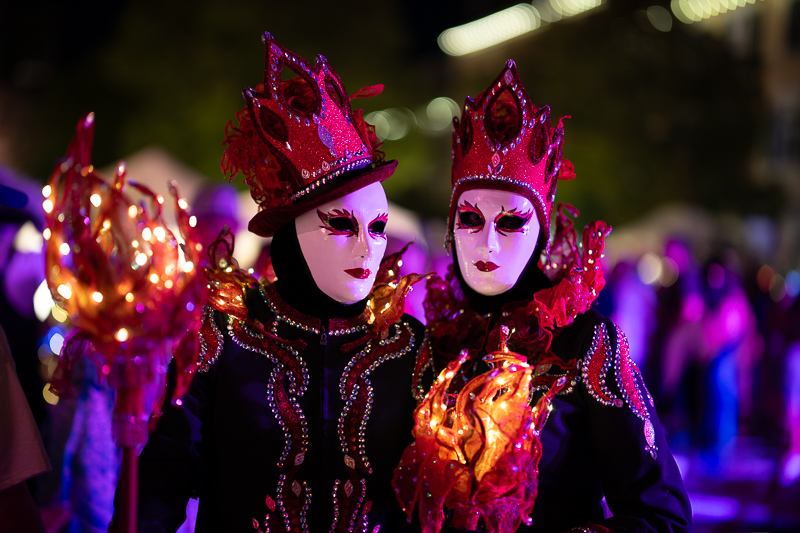

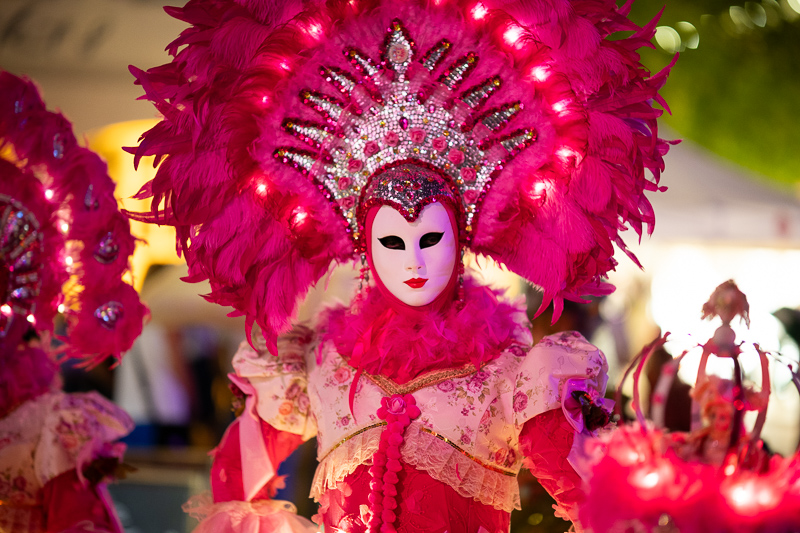

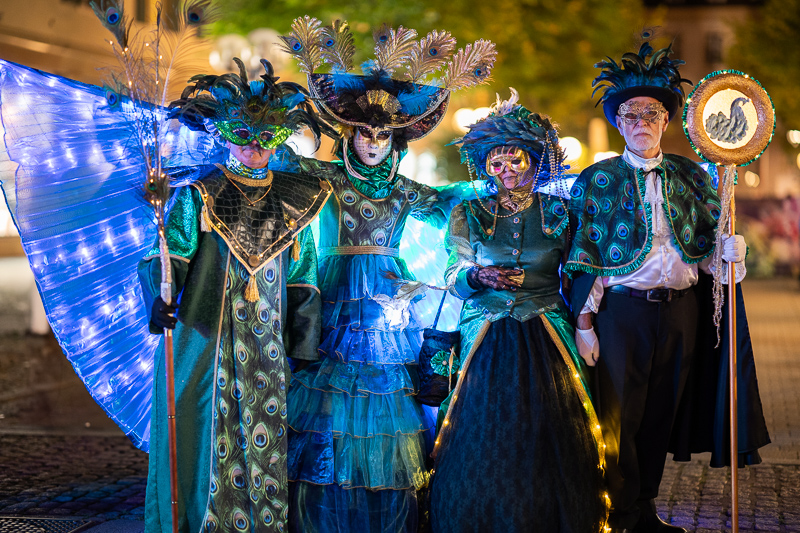



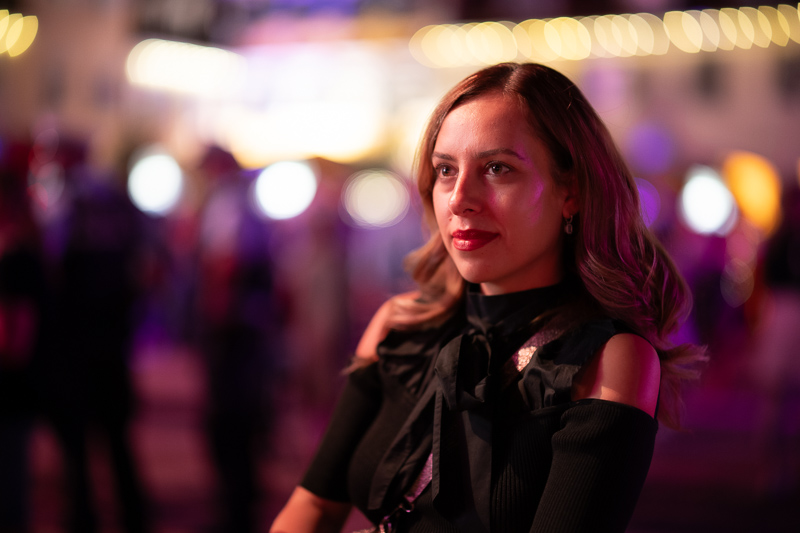
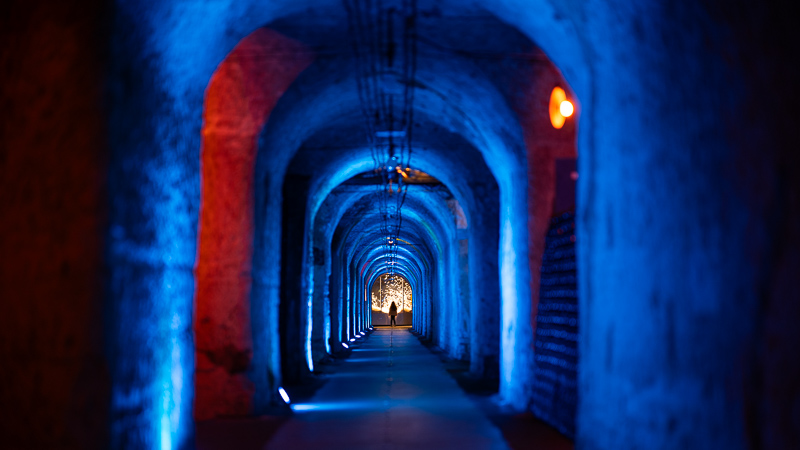
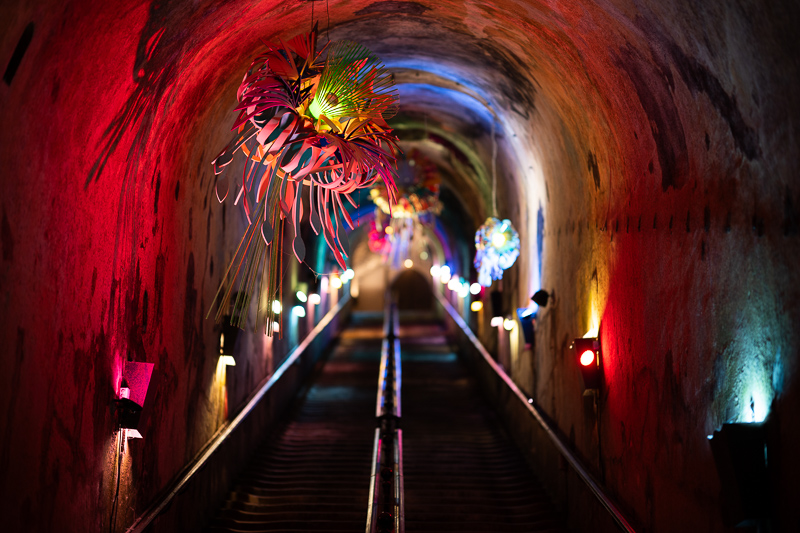




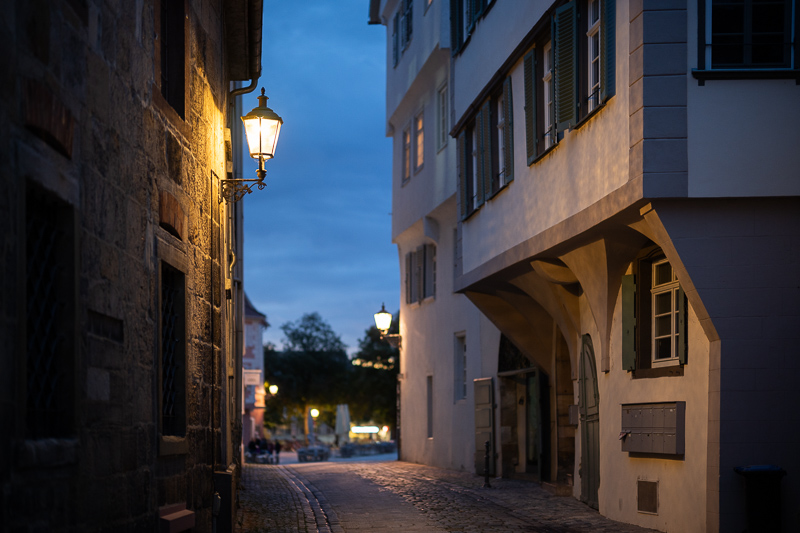

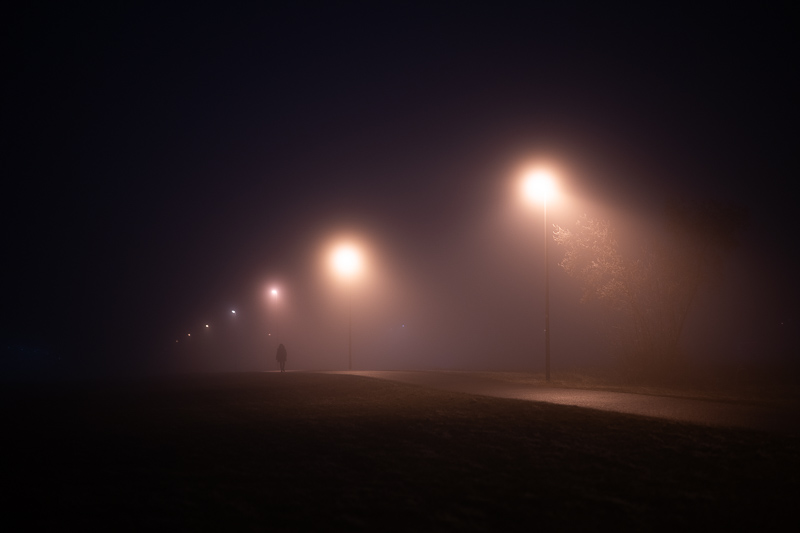
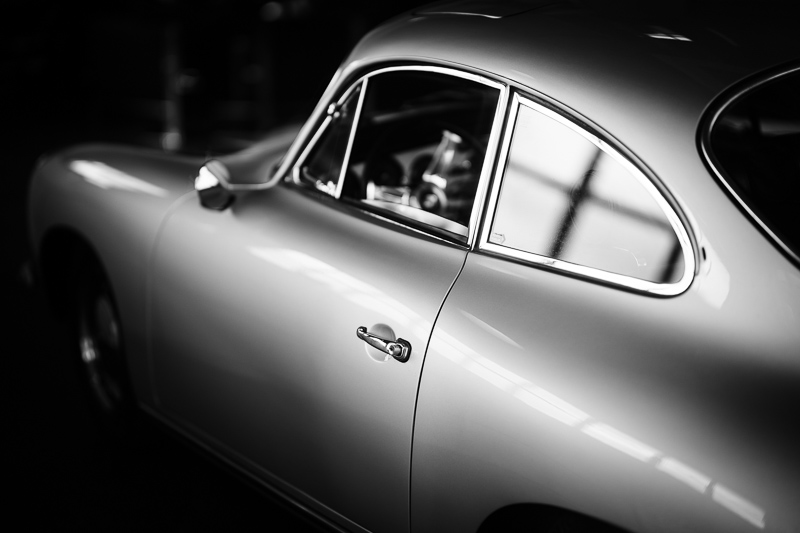
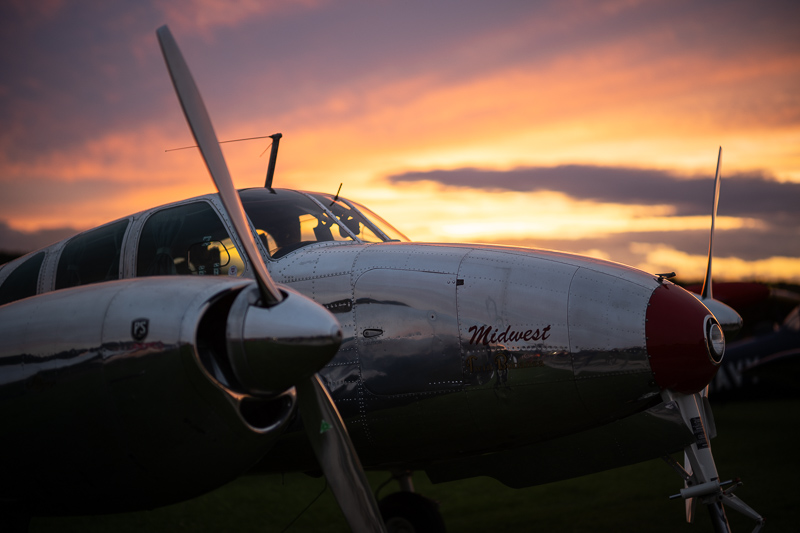
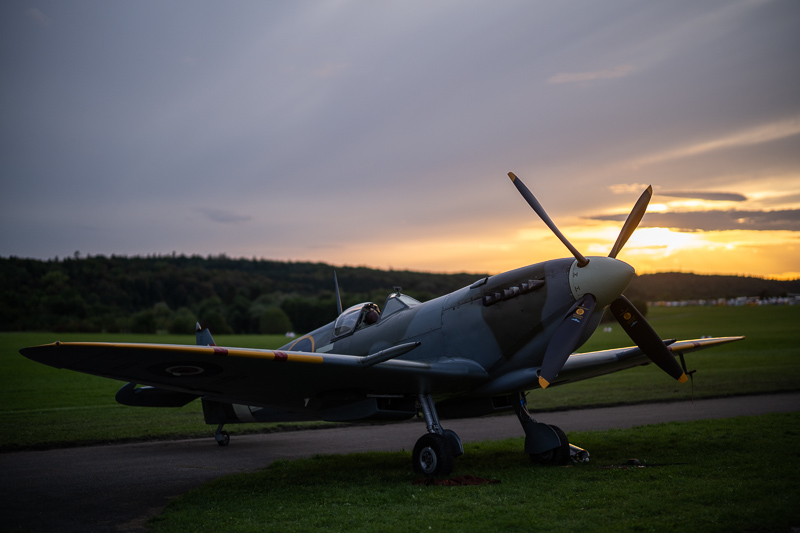
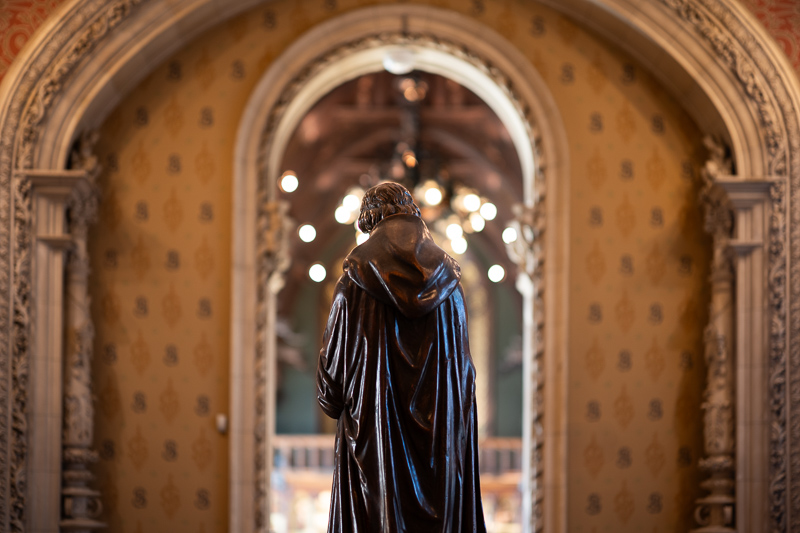
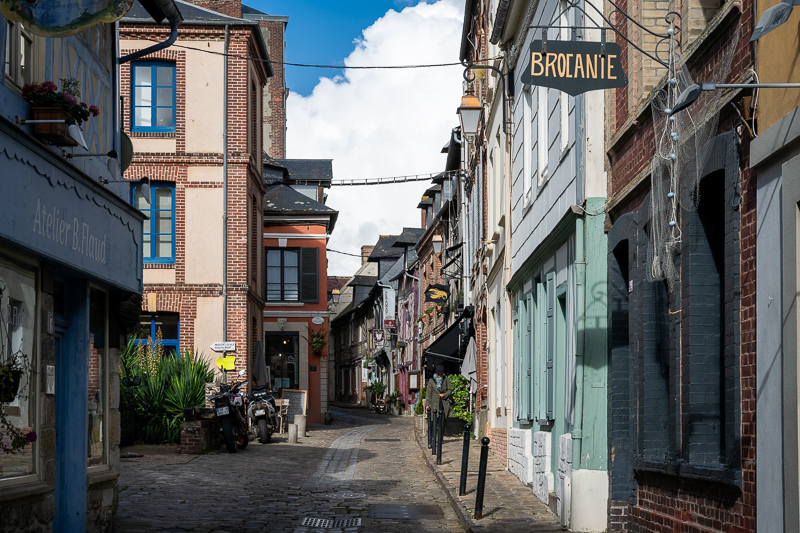



You can find most of the sample images in full resolution here.
Further Reading
- Comparison: Super Fast 50mm M-mount Lenses
- Review: Sigma 35mm 1.2 Art DG DN
- Review: Zhong Yi 135mm 1.4
- Review: Canon EF 200mm 2.0L IS USM
- Lens aberrations explained
Support Us
Did you find this article useful or just liked reading it? Treat us to a coffee!
![]()
![]()
![]() via Paypal
via Paypal
This site contains affiliate links. If you make a purchase using any of the links marked as affiliate links, I may receive a small commission at no additional cost to you. This helps support the creation of future content.
Latest posts by BastianK (see all)
- Analogue Adventures – Part 49: Fujifilm Neopan Acros 100 II - February 4, 2026
- Review: Omnar 50mm 2.0 Bertele FLB - January 27, 2026
- Review: DJ-Optical 50mm 1.0 M - January 24, 2026











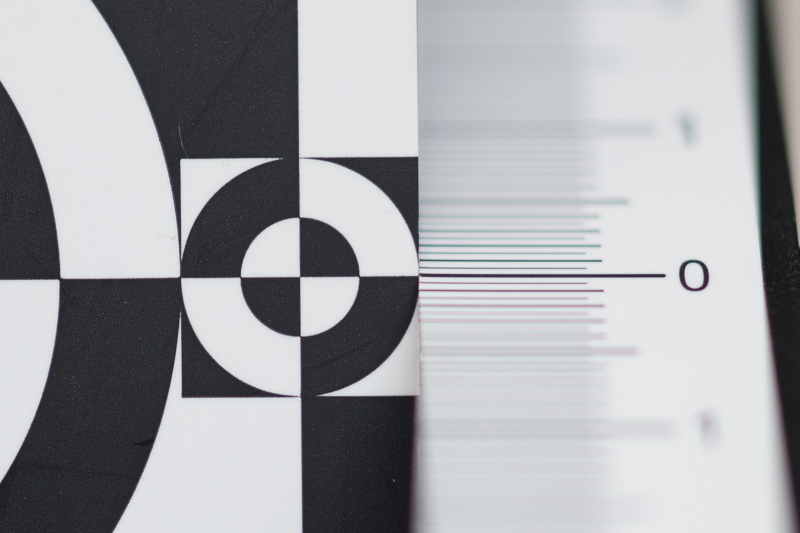
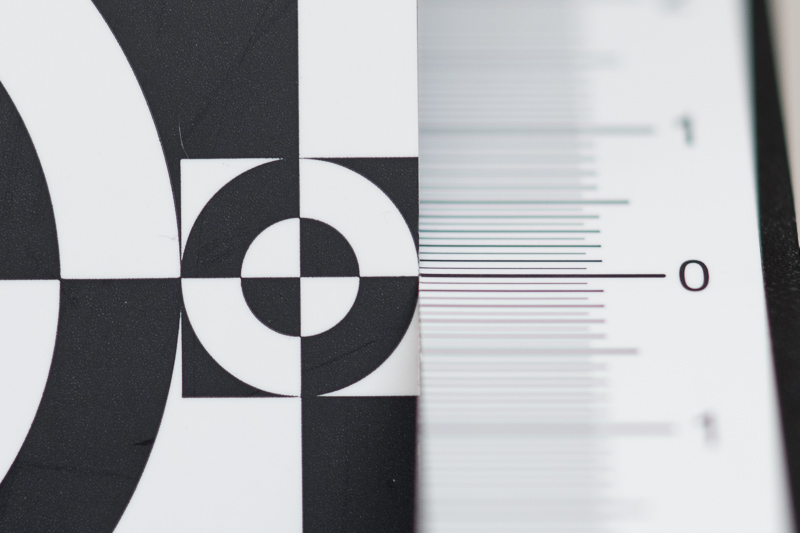
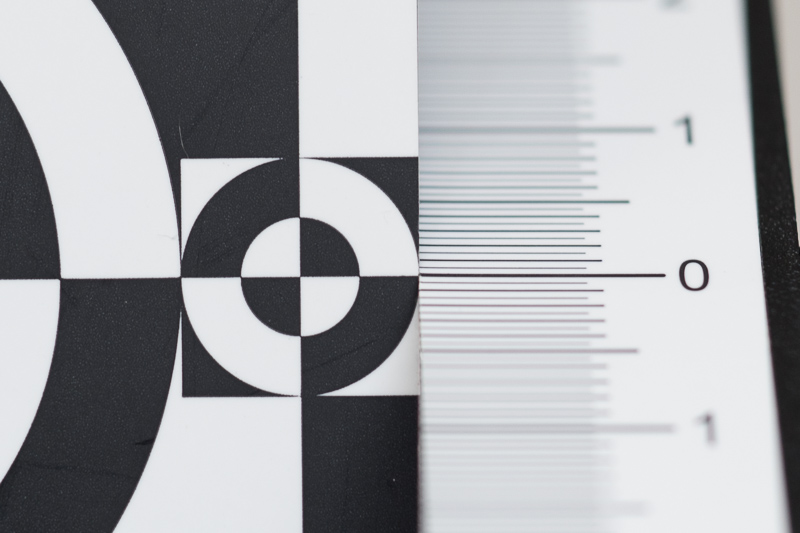

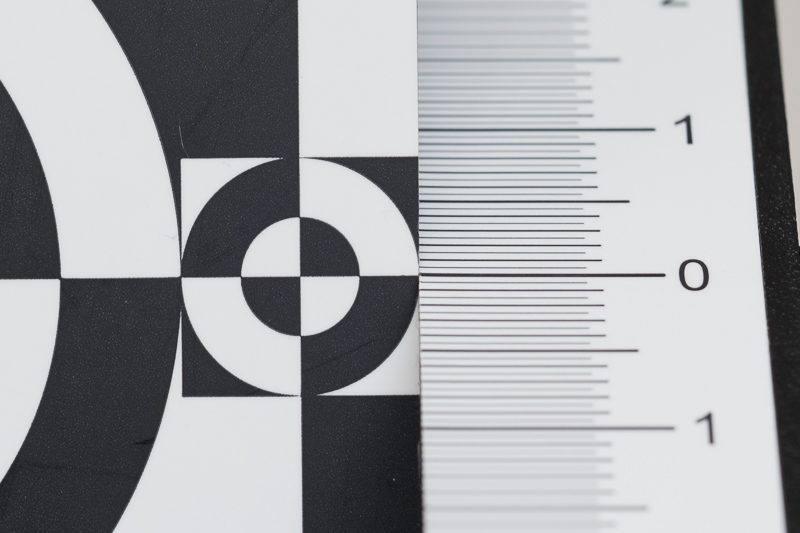
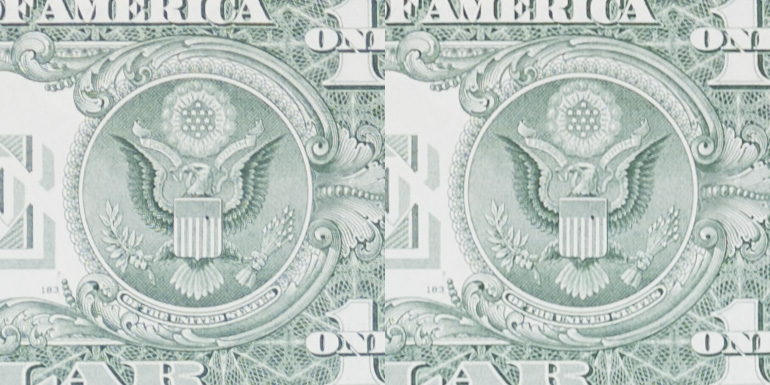
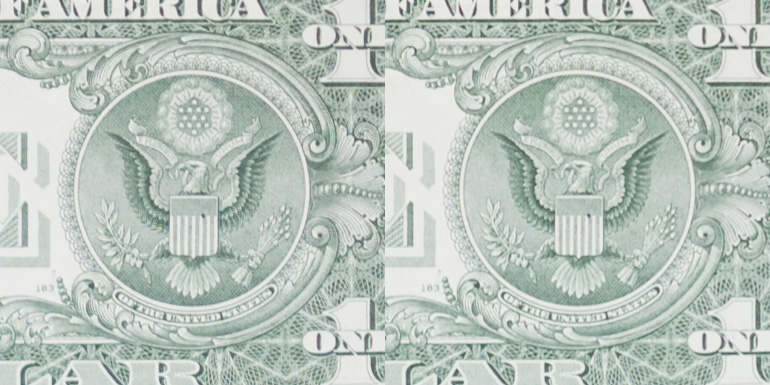
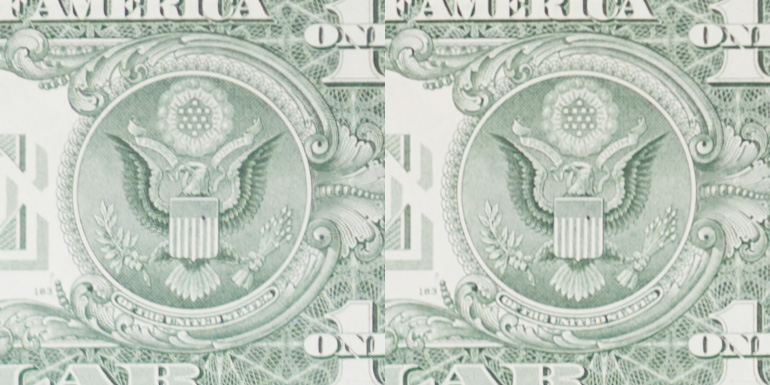
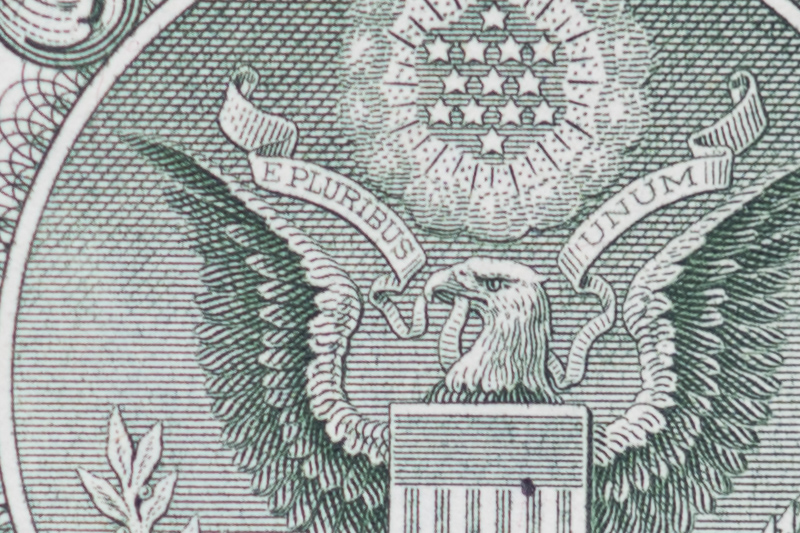
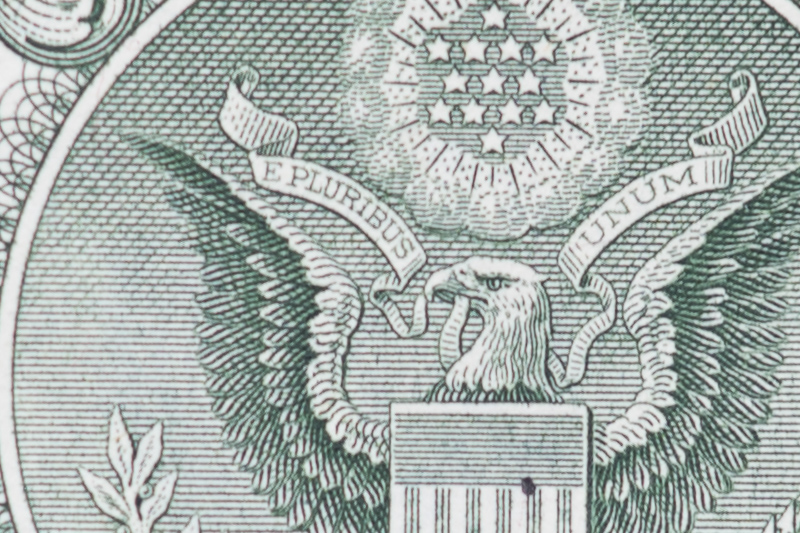
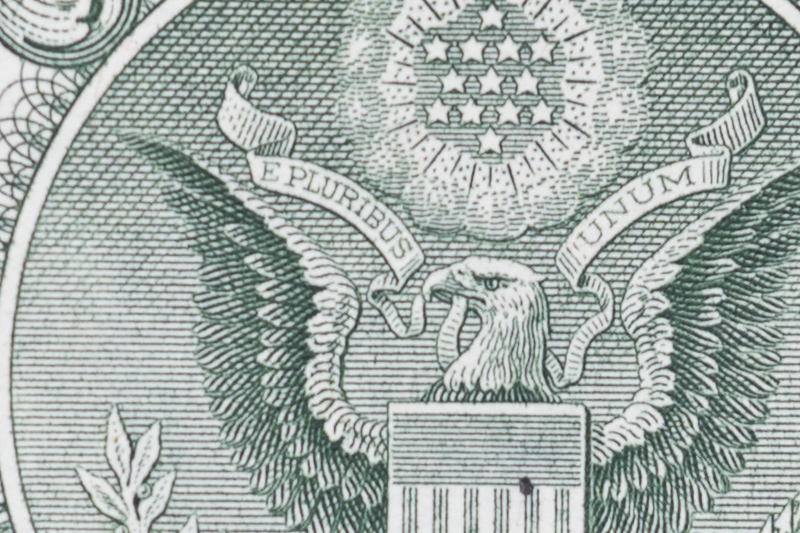
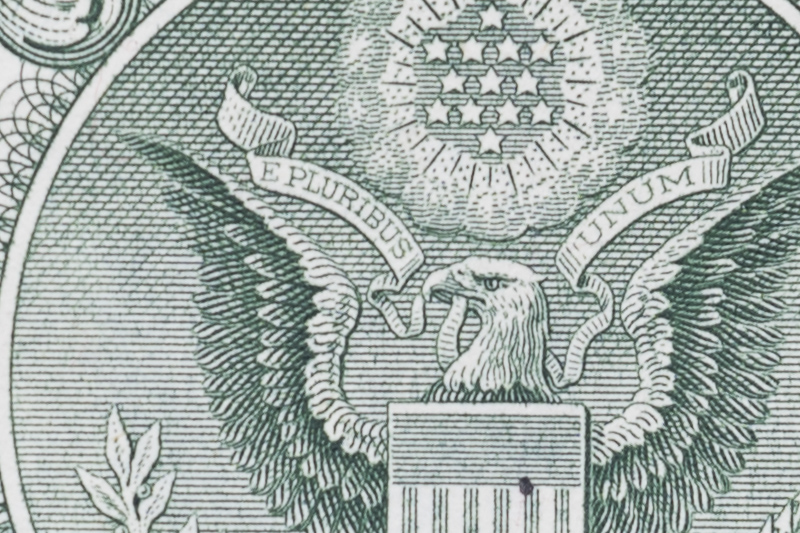
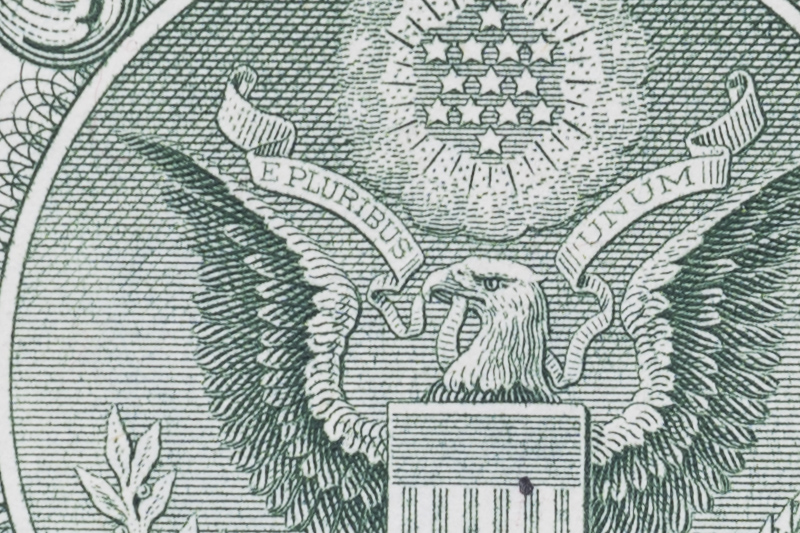
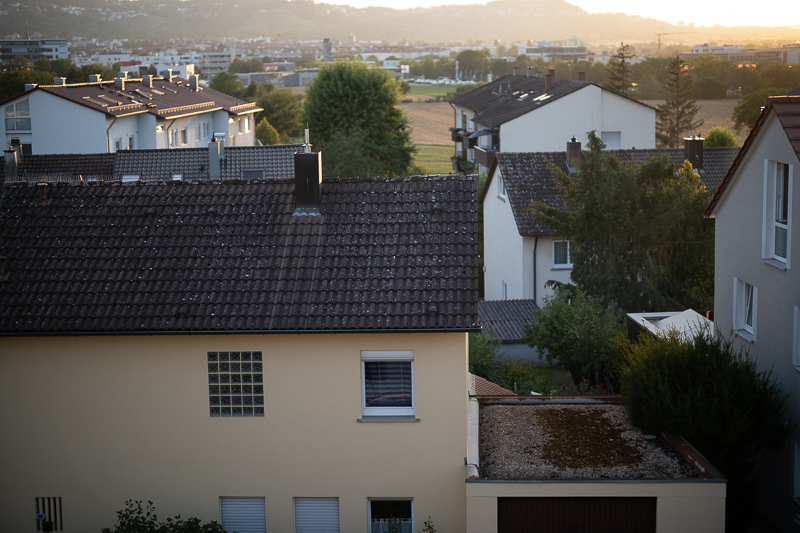

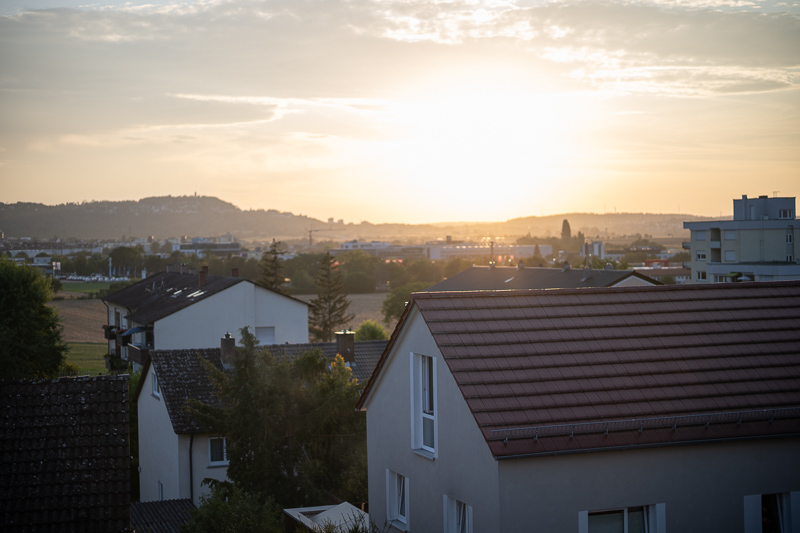
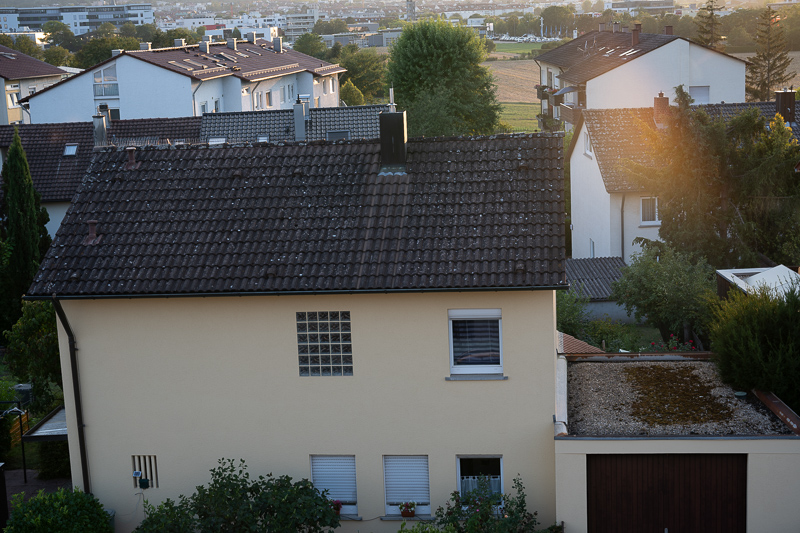
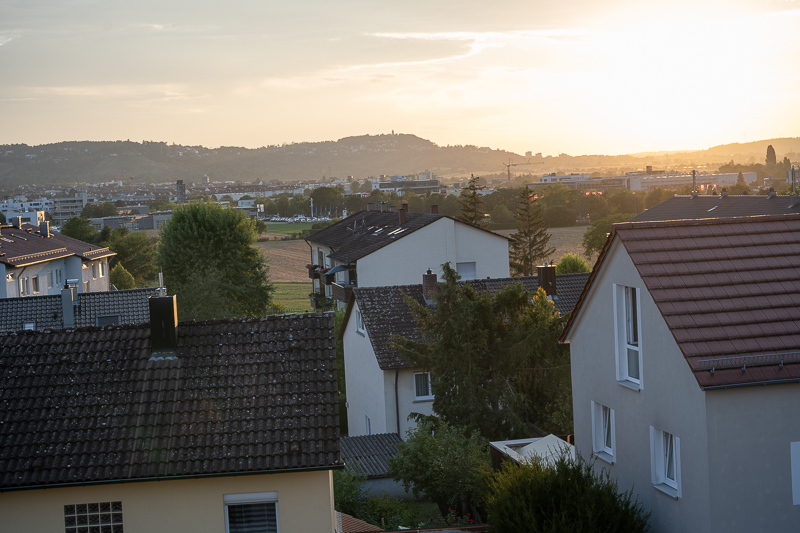

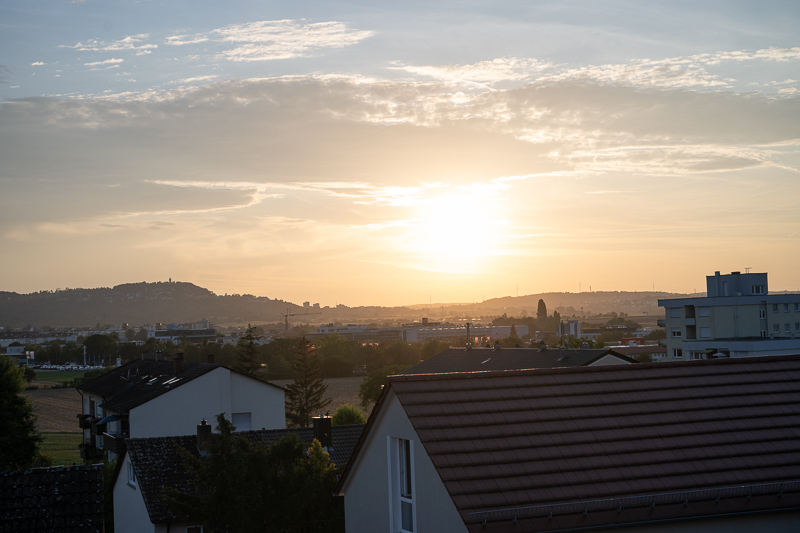
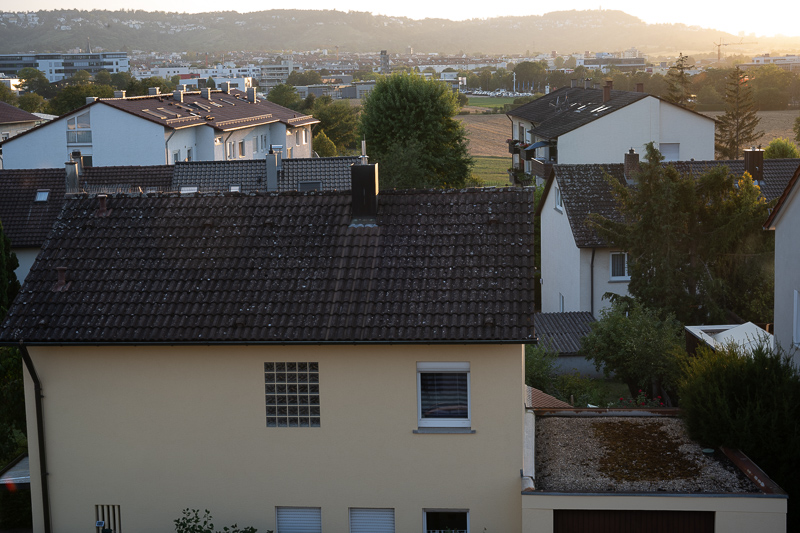
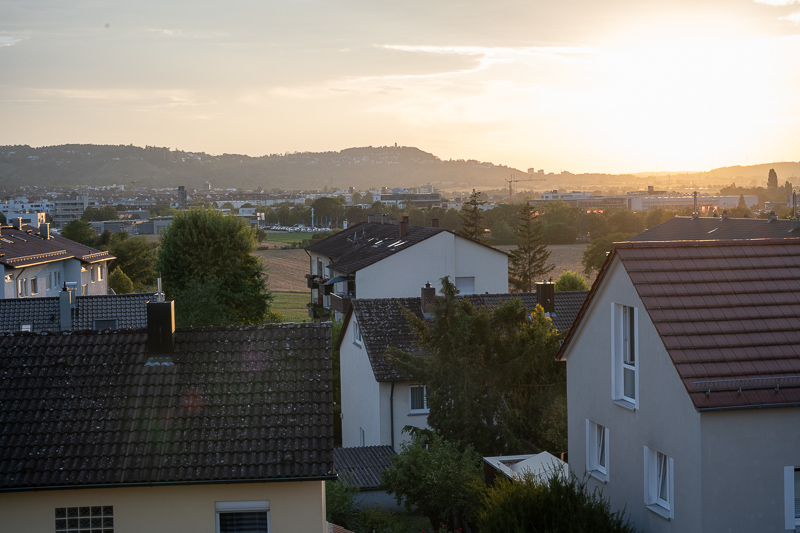

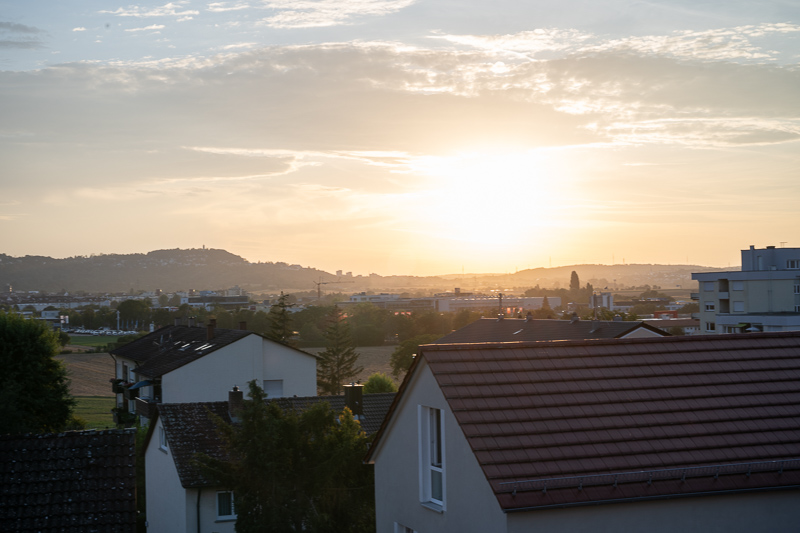
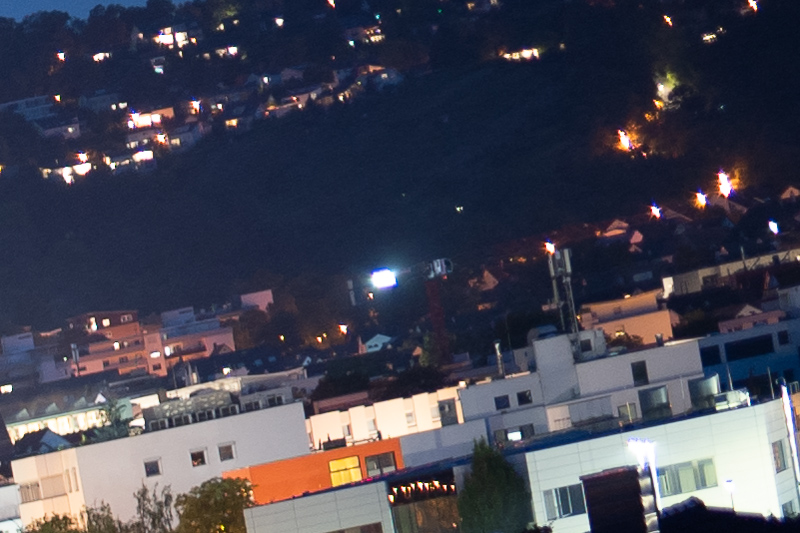
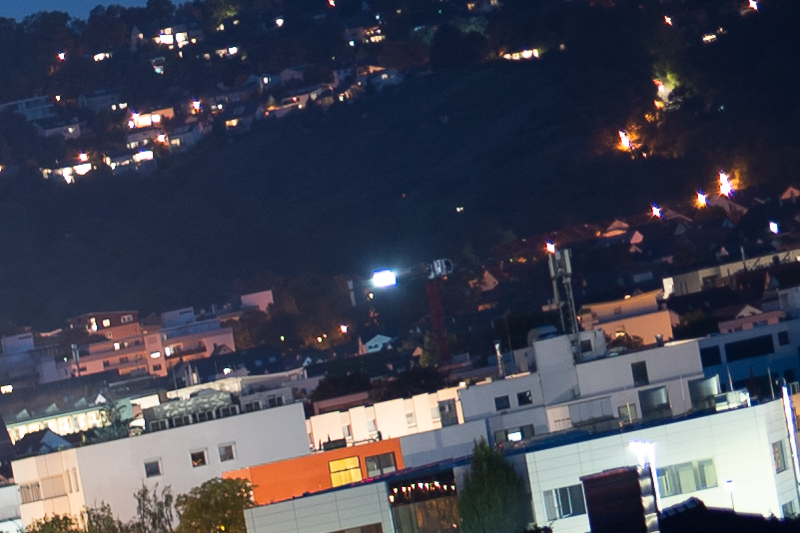


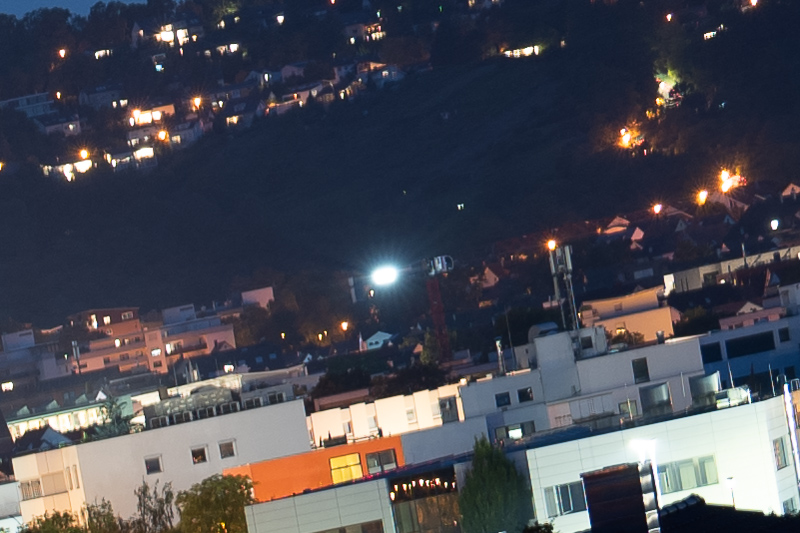

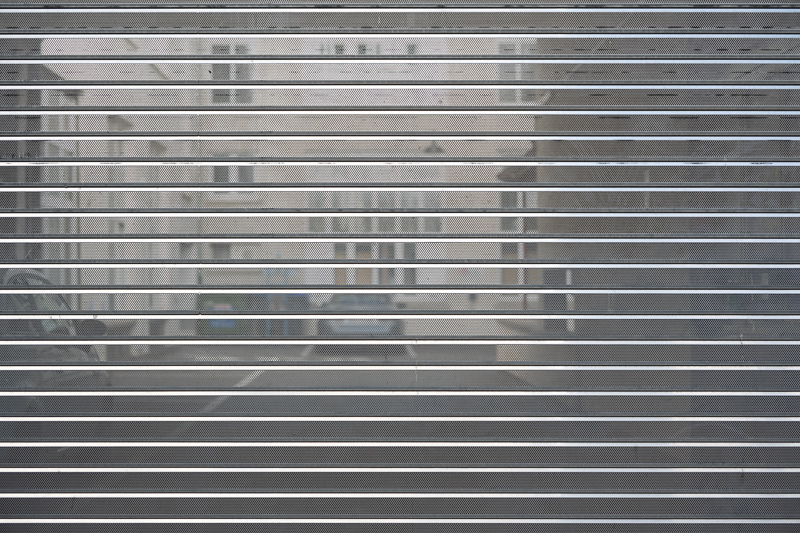
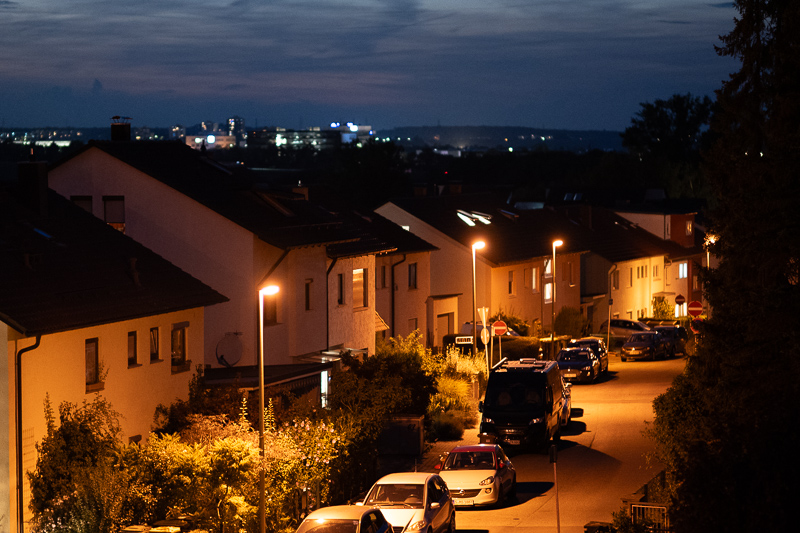
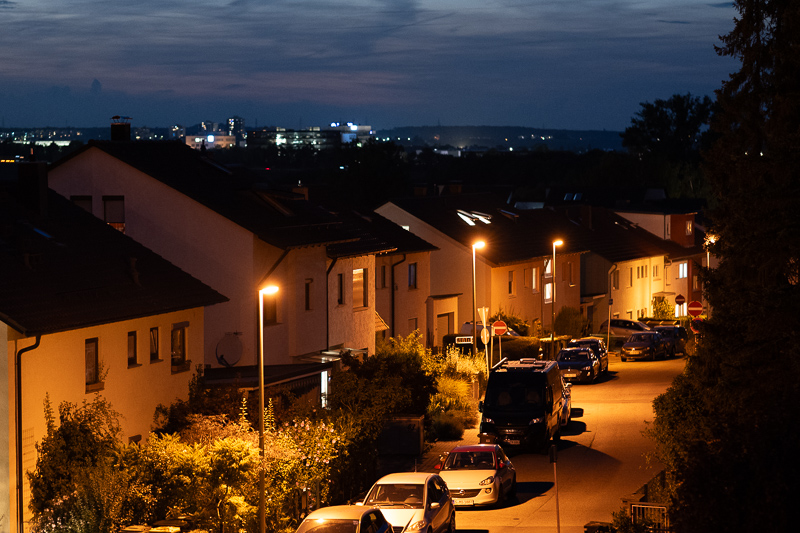

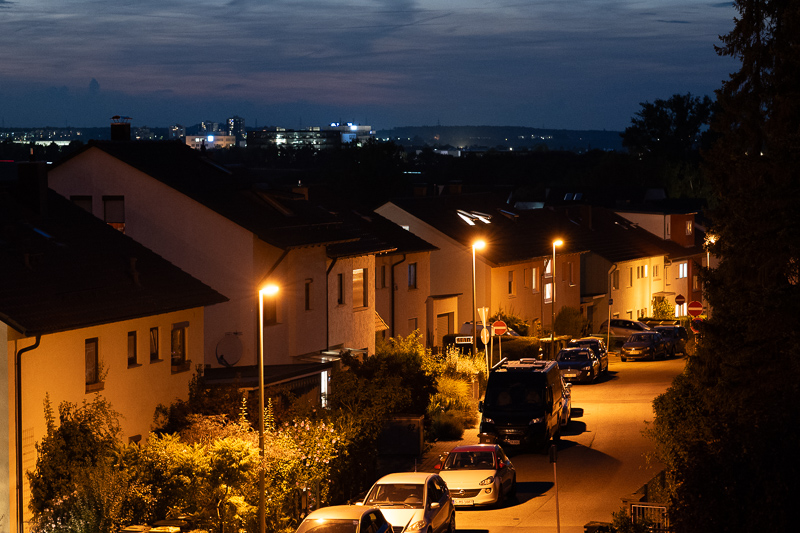
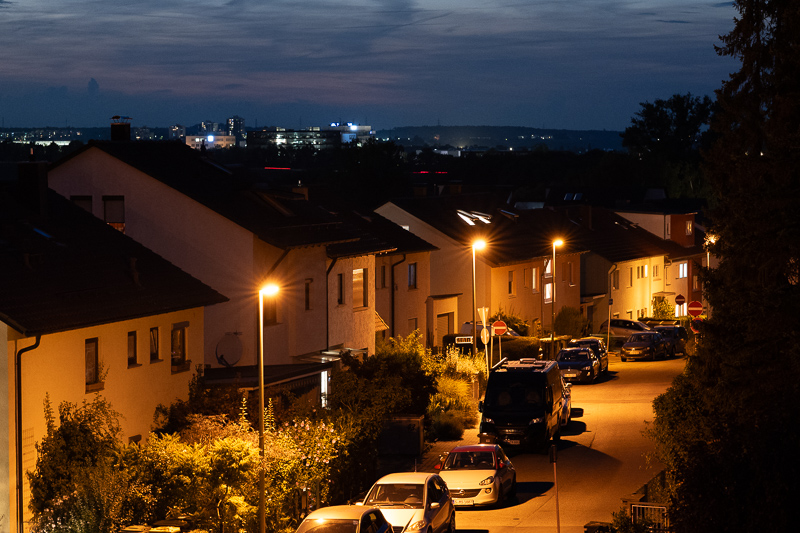

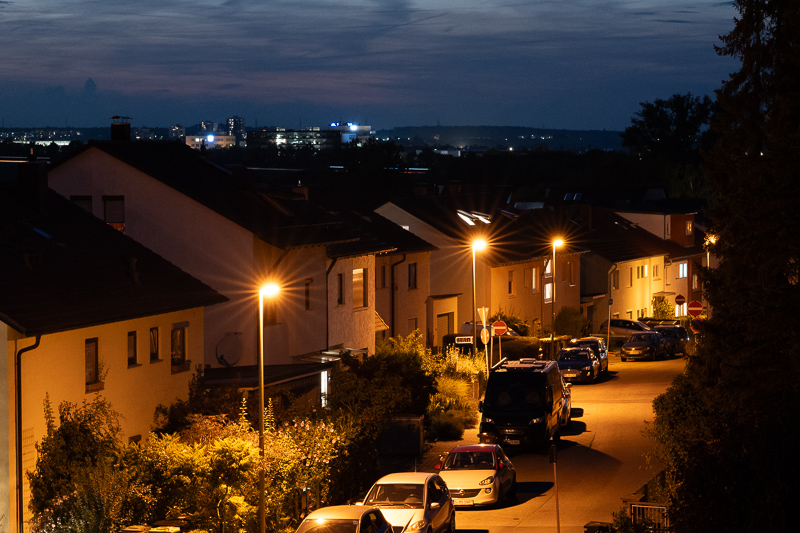

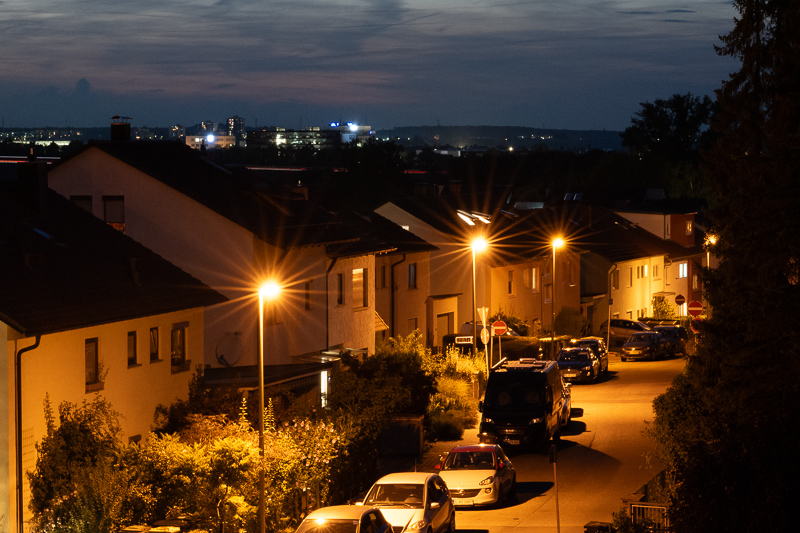
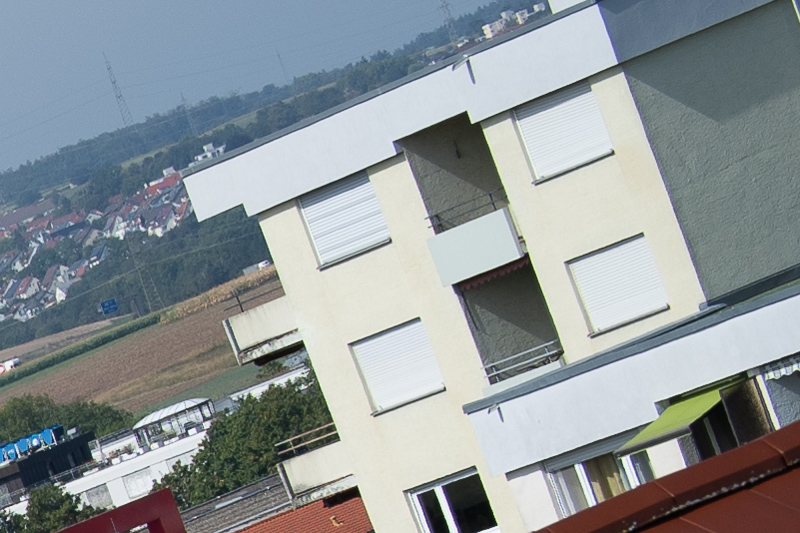
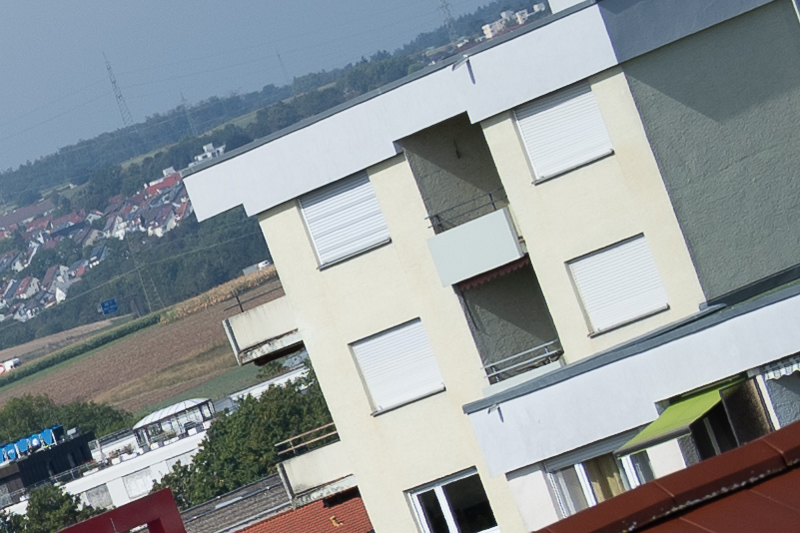
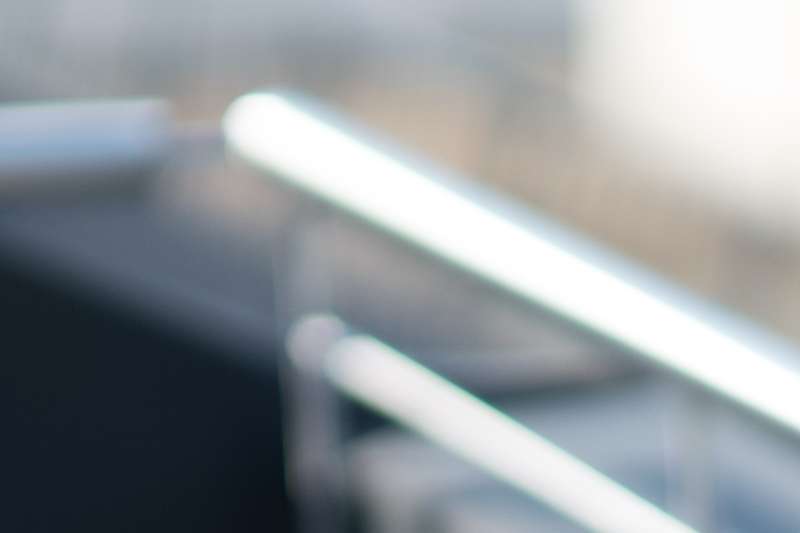
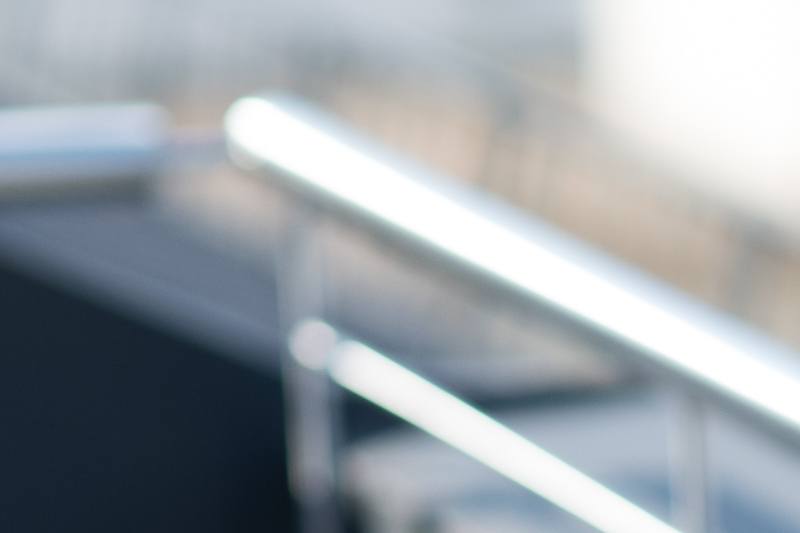


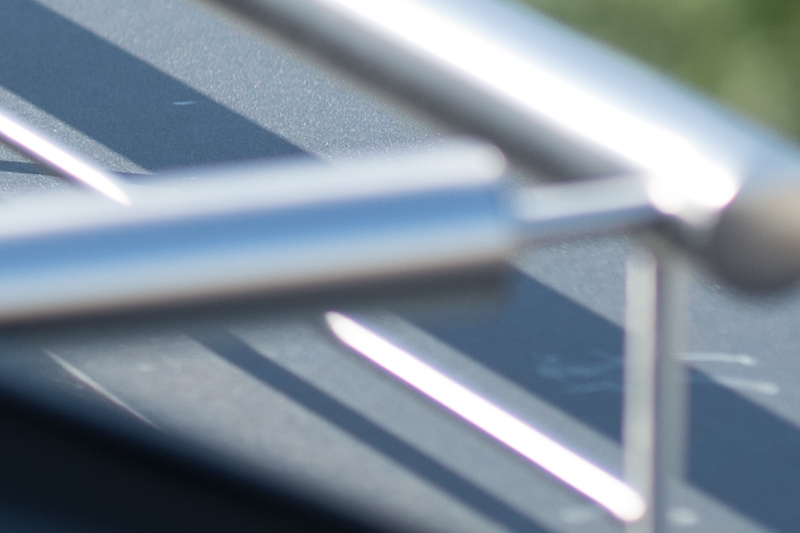

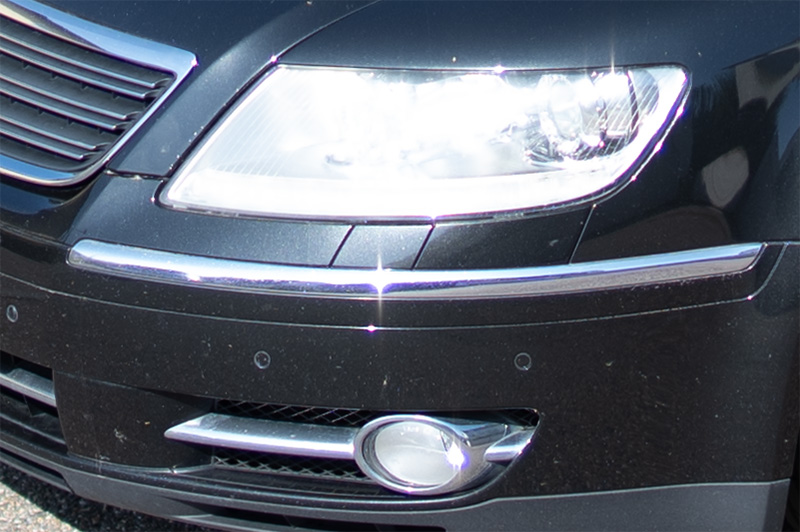
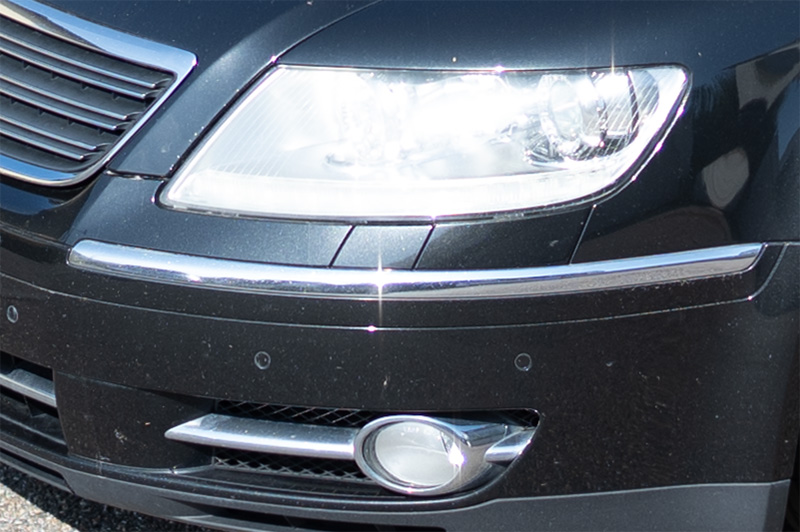
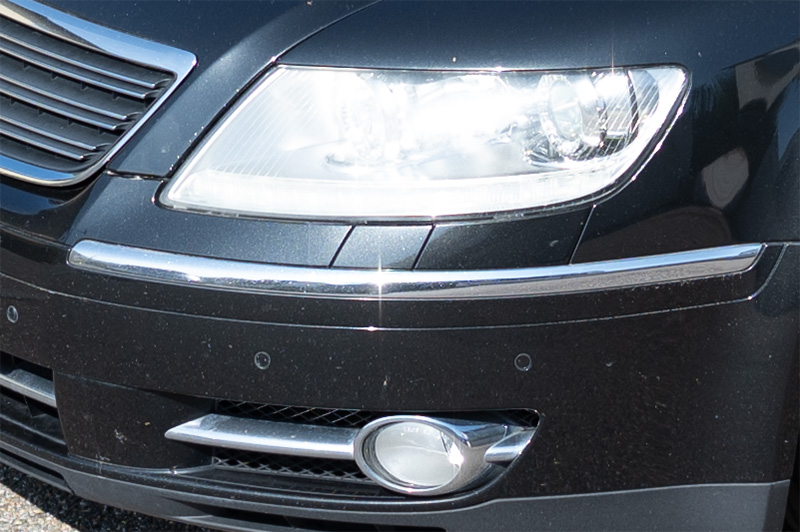
Thanks for reviewing this obviously stellar lens.
As a lover of wide-opening lenses, I’m used to a lot of suffering, but at 2 kg and this size, the fun stops for me too.
The photographs of your review are fantastic. I am not interested in fast lenses, but this one suits your style fantastically 🙂
It must have been fun to review this lens 🙂
Stellar performance, and great review!
I still think the price is too high. It’s priced like a super – tele lens but it lacks that expensive FL glass and the sheer size. Super teles probably sell more than this “super 50” but If this lens were priced more “reasonably” like an Otus 55mm (!), maybe more people would consider it.
My opinion is that this lens will be looked back on as a total red herring; the huge size and weight completely cancelling out the advantages of mirrorless, and the lack of autofocus being a fatal flaw.
I could understand the need to ‘grab the headlines’ if Nikon had been the first to launch a mirrorless camera against the DSLR ‘norm’. But the reality is, Sony was already well-established as a top-class mirrorless producer by the time they released this, and giving away the massive AF advantages of mirrorless for the sake of a headline was a waste of time.
Excellent review as always!
So the math is : 1 Noct = 2 kg 😉
Nice review, but for the money, the weight and convenience you can a complete set of stellar prime lenses for example:
I would also mention alternatives:
– 50 mm Sigma ART f1.2 (close call with Sony)
– Sigma Art 40mm f1.4 is also top, wider, but Noct-heavy
This is a really neat lens. Thanks for reviewing! I hope it inspires competition. I would love to see Voigtlander make an e-Mount 58mm f1 that performs at the level of the 50/1.
One problem is I don’t actually see anyone buying this lens, despite its near perfect performance. No AF so not for pros or most portrait photographers. Too expensive for the hobbyist. Too big for the traveler. Is anyone who owns this lens grabbing it on their way out the door for a stroll or are they going to grab something lighter or something with AF? It sounds like a really awesome lens to buy, own for 6 months, and then sell once you realize you can buy 7 really awesome other lenses once you sell it. Instead of buying this, why not buy the 35/.95, 50/1, CV 75/1.5, and the upcoming FE 28-70mm f2 and have some leftover money for a vacation to the Cyclades?
It’s always a plreasue to read your review, vielen Dank!
To add-up, there are some geeks that have made a irreversible modification of the mount from Z to GF/XCD. This lens almost perfectly covers a 4433 frame range.
Unfortunately, the video they post does not come with a English sub, so the best I can do is download their files and re-upload into a Google drive, which also contains a small comparsion between TTartisan 50mm f0.95 and the Noct, in case you’re interested.
https://drive.google.com/file/d/14A1YaMPYTFmIexL2YcO0n6V-9155H8IM/view?usp=sharing
a toy for the rich.
What you save on the Nikkor, compared to Leica, you spend on physiotherapy, when your spine and/or shoulders give up. 🙂 Just kidding, I’d rather buy a car than a Leica.
As for the reviewed lens, it’s one of those that cause some curiosity, so thank you for quenching it. The photos look amazing.
To put the price aside, it’s still probably not a lens for me. I already own some big and heavy lenses that produce images I like (e.g. fast 200mm lenses), and I still rarely use them when I feel inspired and want to have fun and a nice experience with my camera. Some of it has to do with comfort, some with me drawing too much attention if shooting in public. Being self-aware doesn’t help the process…
That’s why I’d choose something like a Voigtländer fast fifty instead.
But, if I was a professional portrait photographer, spending money on a lens like this wouldn’t seem crazy to me at all. It wouldn’t be a fad, but an investment.
This lens is always confusing me. When I meet with it in reviews or just in a listing I think it’s an AF lens due the size and price. I think over $1000 is too expensive for any prime with only MF. I like manual lenses but over a certain price and weight, lack of AF becomes a massive shortcoming. Well, different system, but I’d take 50 1.2GM or 50 1.2DN any day over this one. If I have millions perhaps I’d get this for fun, but I’m certain barely use it after the GAS.
I guess the (dwarf) elephant in the room is the Sigma 50mm f/1.2. Frankly when rumours started surfacing about Sigma working on a 50mm lens faster than the extant f/1.4, I was thinking they would go all the way and make an f/1.0 lens, but that was not to happen. At least not this time. 🙂
The Sigma is available to both Sony and Nikon (*smirk*) users so it should be a highly interesting option in any case.
From what I have seen it is worse than the Sony FE 50mm 1.2 GM in every regard except for price.
It is therefore an alternative if you are looking for a cheap lens, that hardly makes it an alternative to this one.
Hopefully there will be a review out there soon (by yourself, OpticalLimits etc….) to put the issue to rest. 🙂
It is on my list of lenses to review in the future.
Thank you for this review! I prefer calling such kind of lenses “a Reviewer’s Lens”. This way reflecting that it’s actually made for gaining extra views and reactions for reviewers, not for actual shooting by average photographer!
Thank you again for an excellent review, Bastian!
Since the release of this lens I was curious about its real-world performance, not because I would consider to buy one, but because I was curious how good (in the sense of technical perfection) a ~50mm lens can be today when money is no object. Of course the Nikon fanboys praised the Noct to the skies, but only few of them have actually used the lens, and most reviews which I have seen until today were rather unsatisfactory.
Now your review has changed this. It gives a solid description of the handling of the Noct, demonstrates and analyses the technical quality of photos taken with it and offers a great wealth of wonderful sample photos. Perfect!
Nevertheless I fear the Noct was right from its annoucement above all a collector’s item. Many of the photos possible with this lens can also be taken without a big difference with other excellent, but much more practical lenses, so most people who actually want to take photos will go for another lens. That’s a pity, because in the end it means that all the hard work of the lens designers was more or less useless – if almost nobody uses a lens actually to take photos with it (because that lens is too expensive, too big, too heavy …), that lens may help the prestige of the manufacturer, but is almost meaningless for real photography.
I think it shares that fate with the likes of Canon EF 50mm 1.0L USM, Nikon 58mm 1.2 Noct-Nikkor, Zunow 50mm 1.1, Canon 50mm 0.95 LTM, Konica Hexanon 60mm 1.2 and many more, so I say it is in good company.
I wonder if the new manual focus assist option on the ZF and Z6III was made in a way to help manual focus with this lens.
I guess it is more of a coincidence, but I do indeed think the lens is best used on these two cameras at the moment.
An over-expensive and extremely heavy monster manual focus lens for people who have more money than sense
An unbelievable lens for an unbelievable price. Well, I’ll go back to my BrightinStar (:
On of the lens exotica that I could only ever dream about but I do enjoy reading about them, so thanks for a well-written and very comprehensive review.
I’d definitely have one if I could!